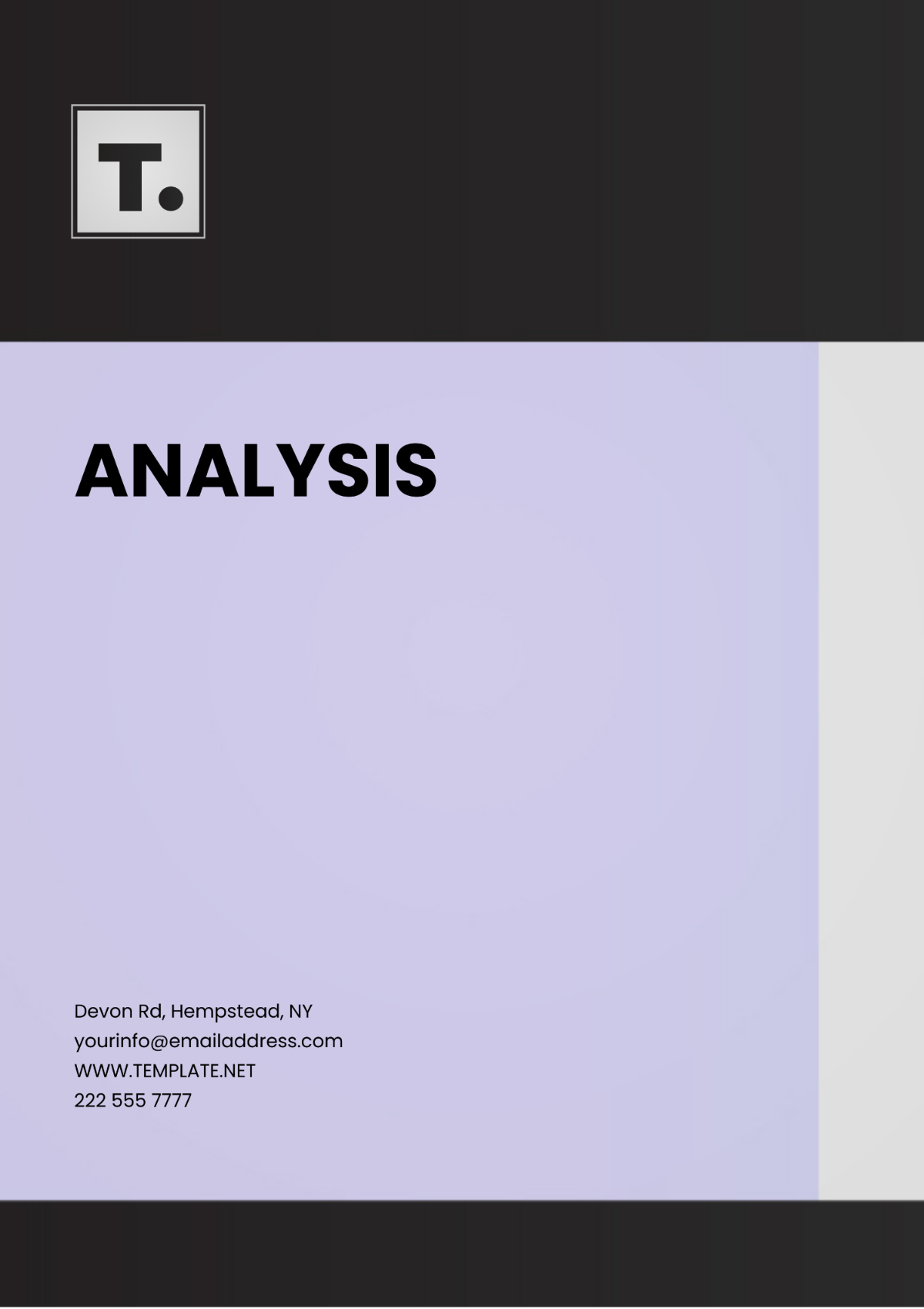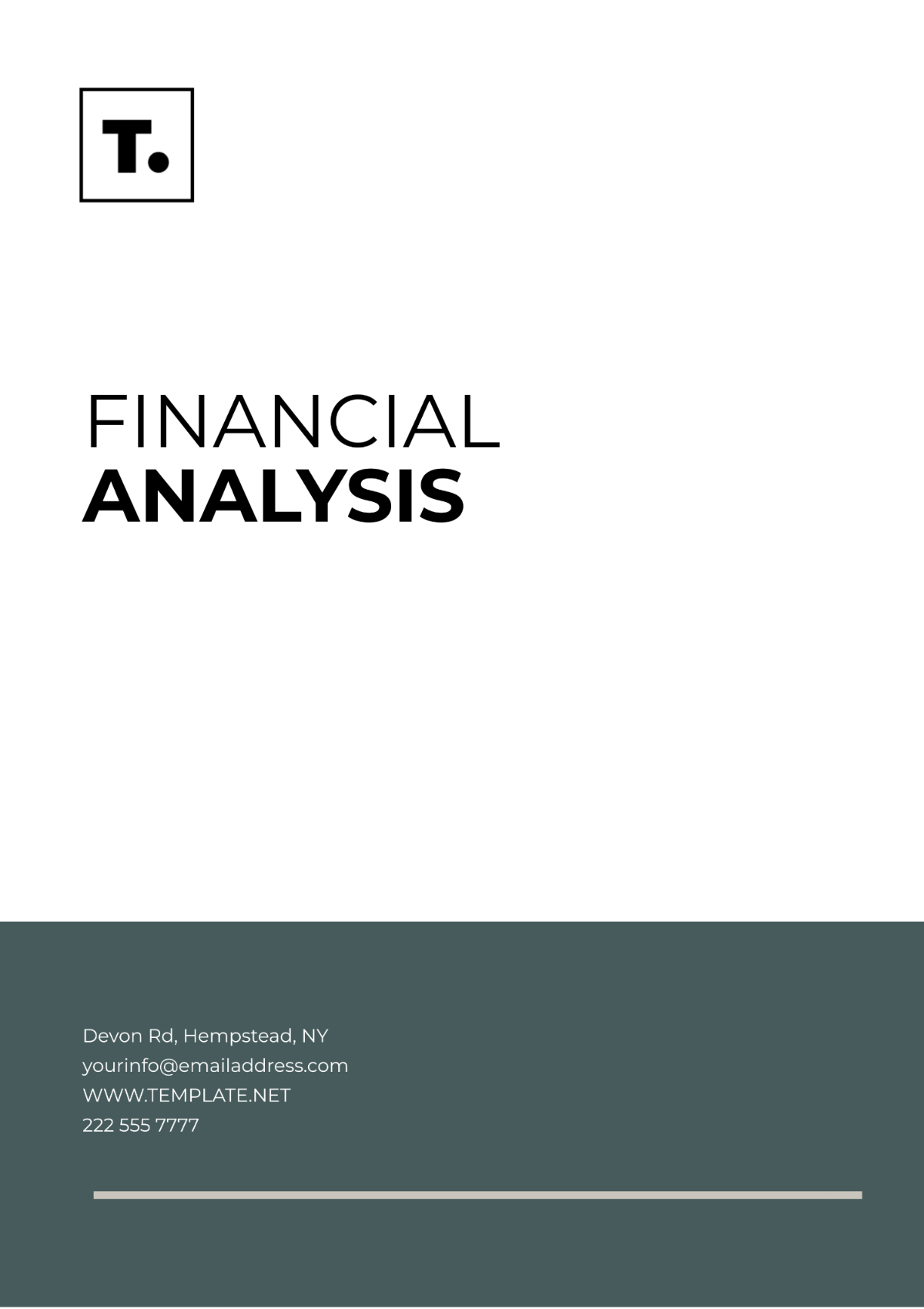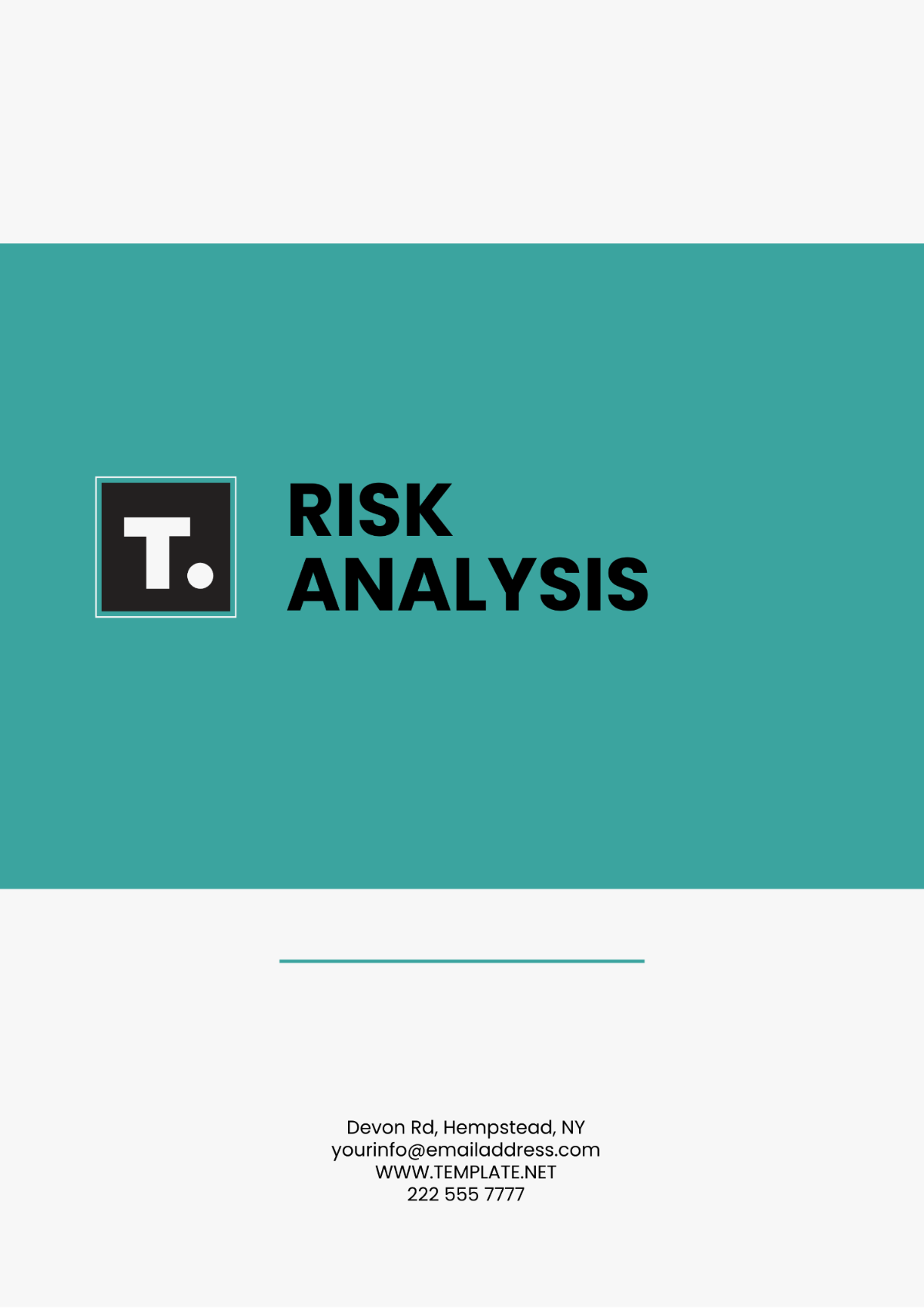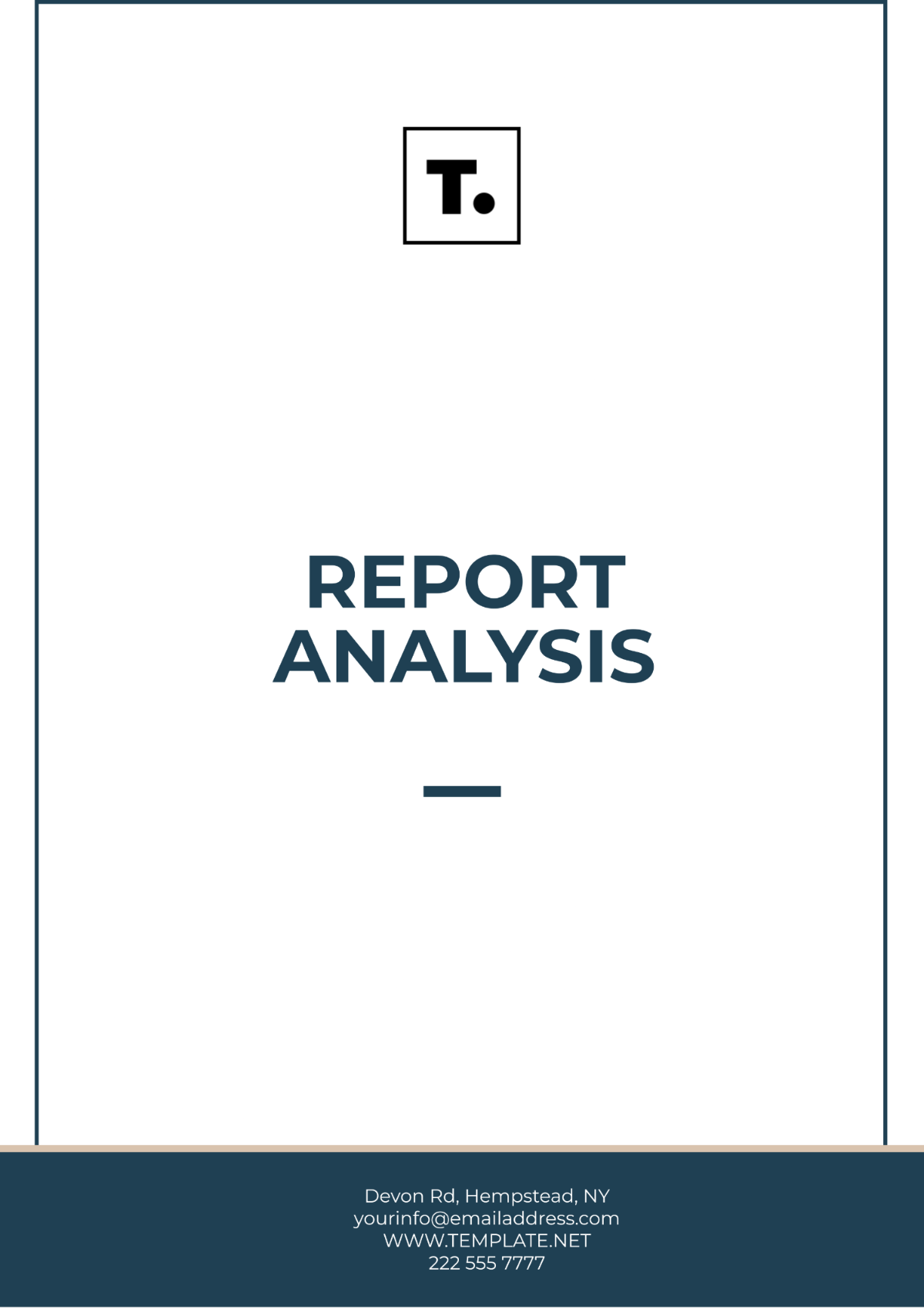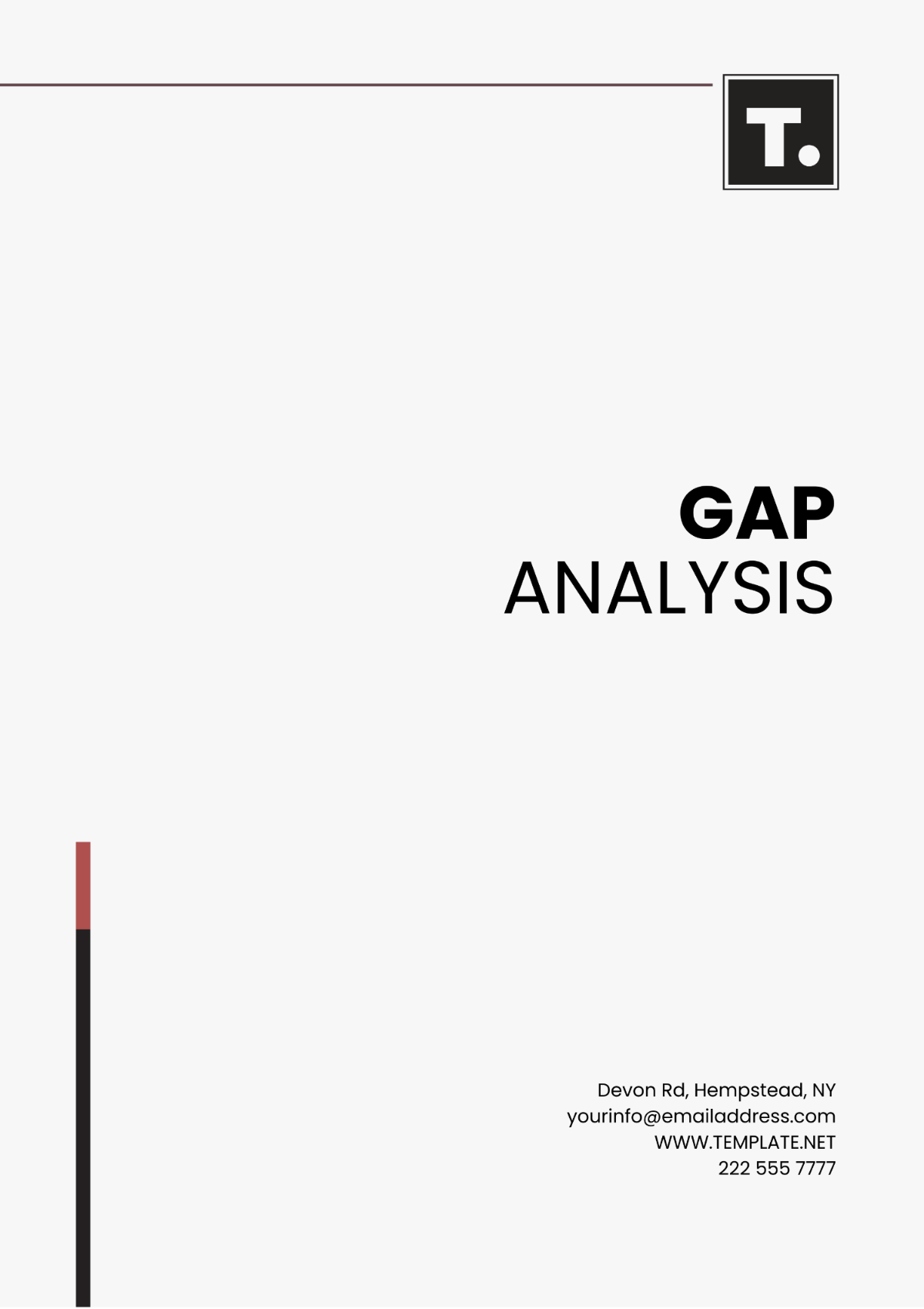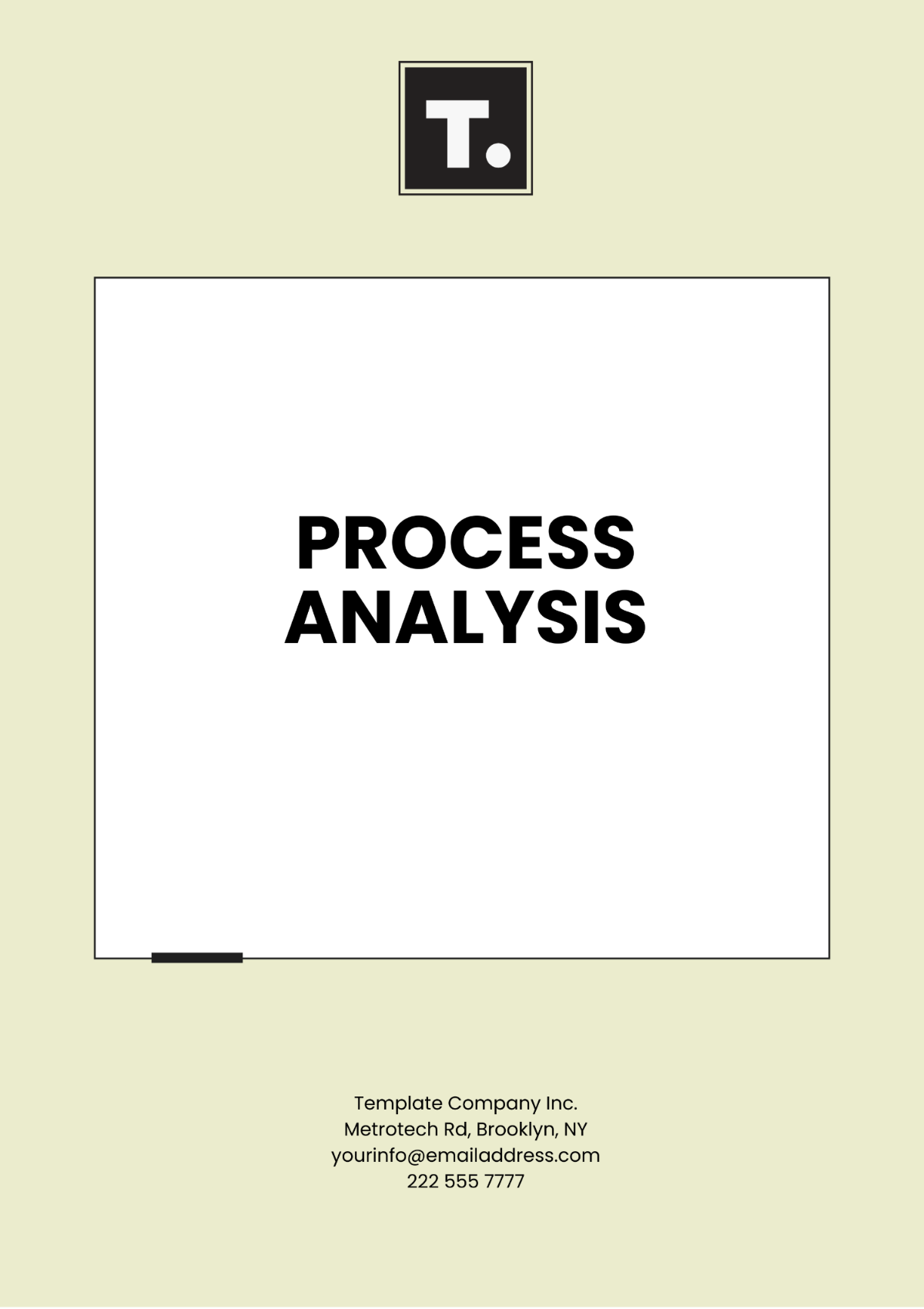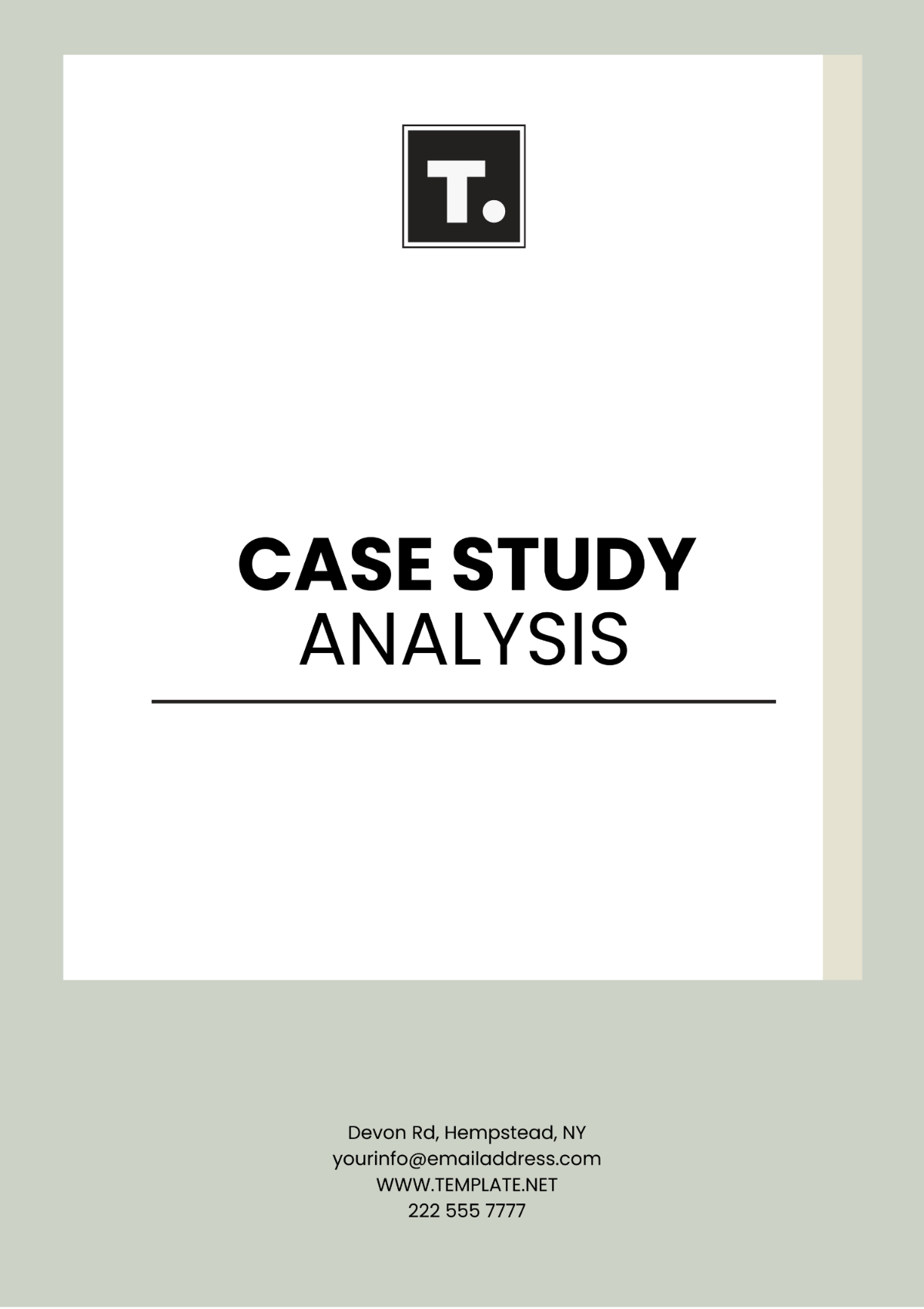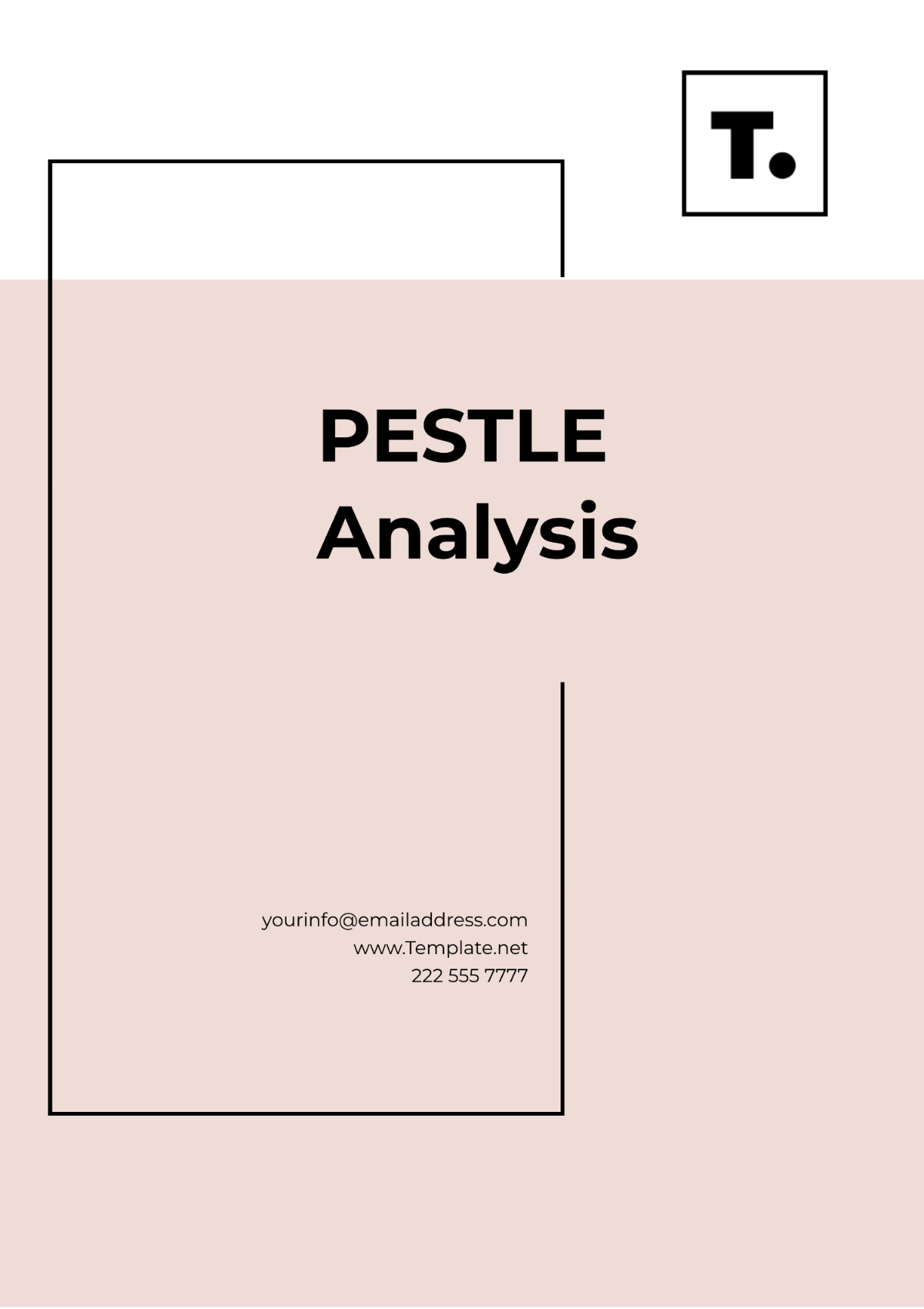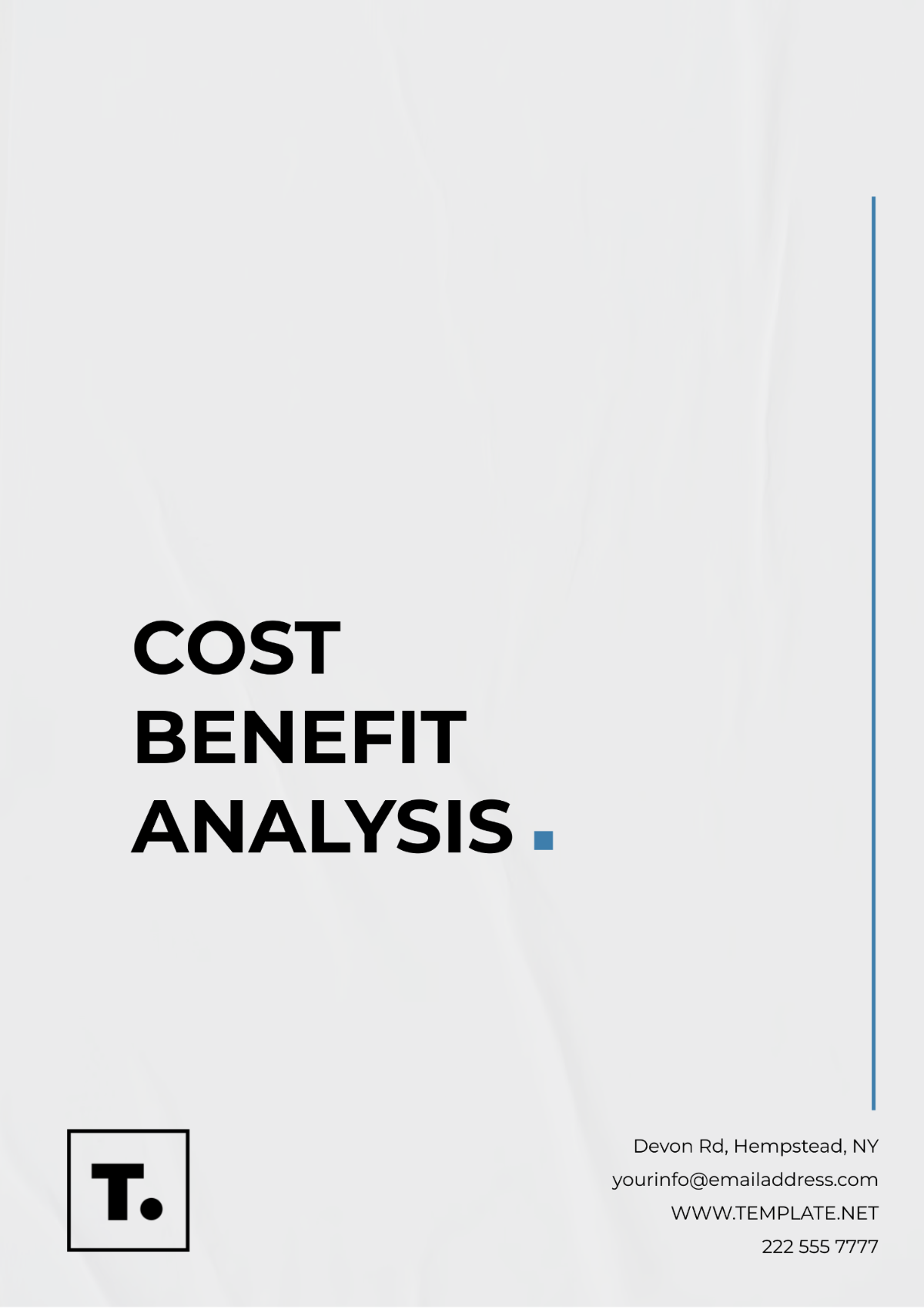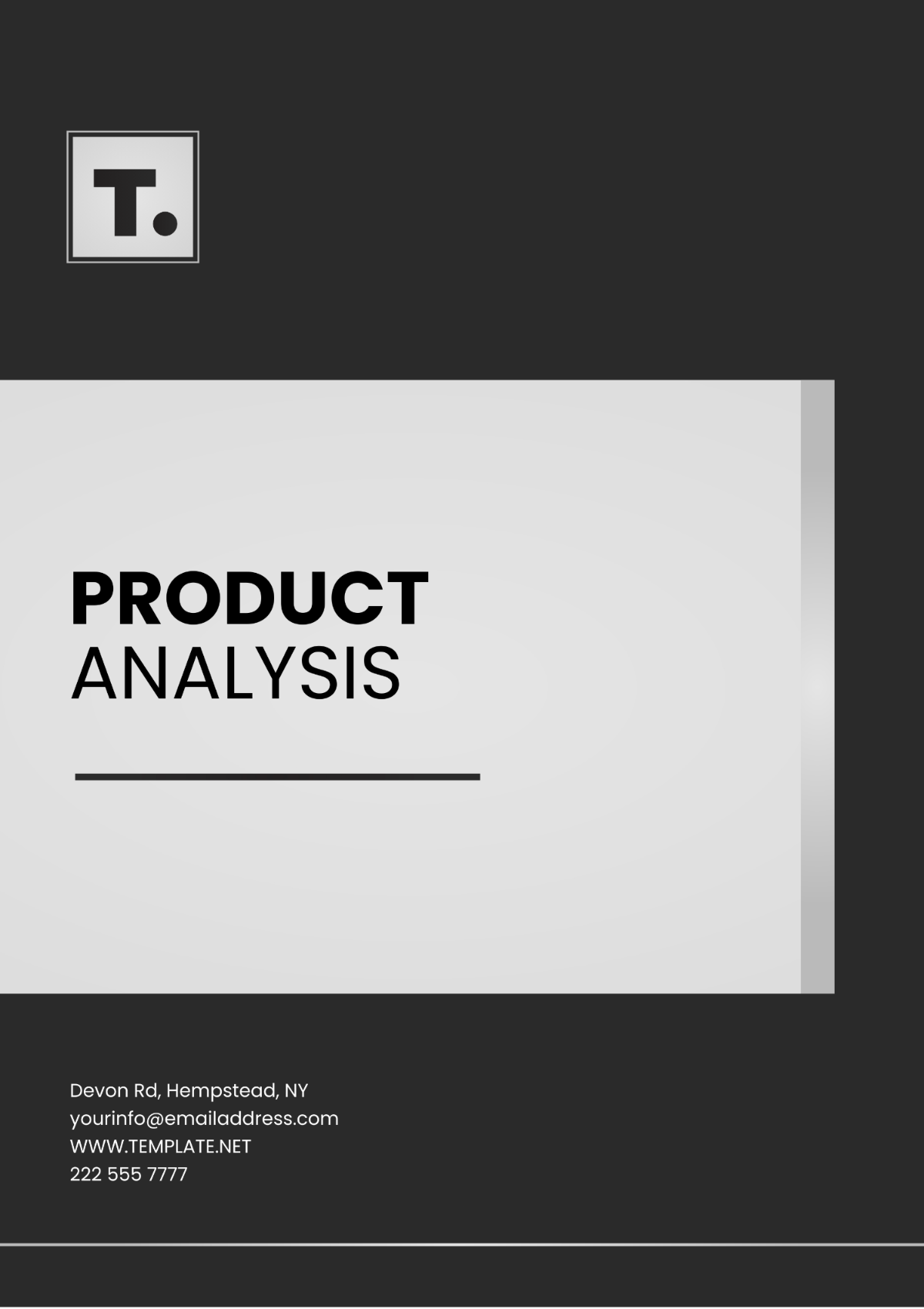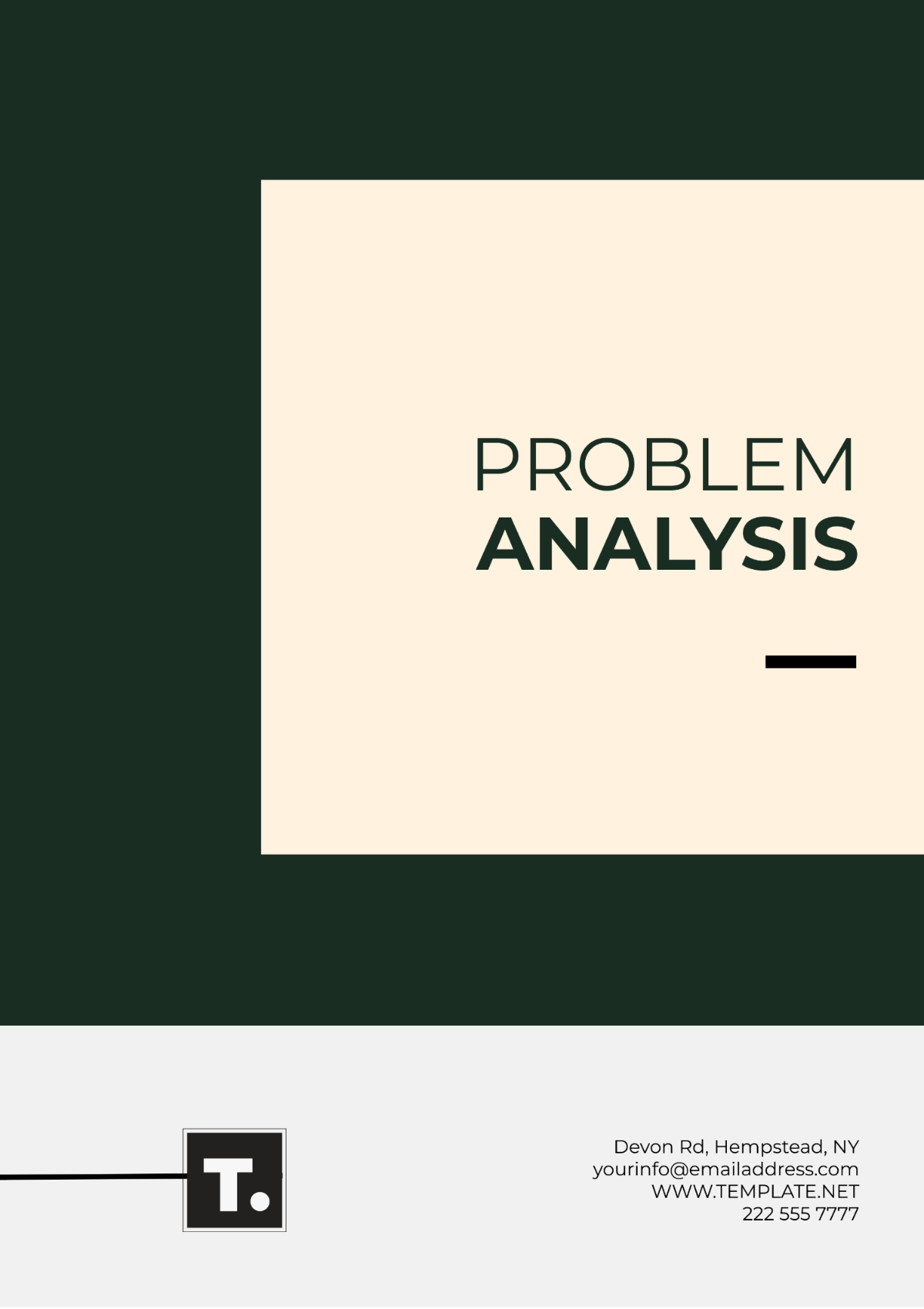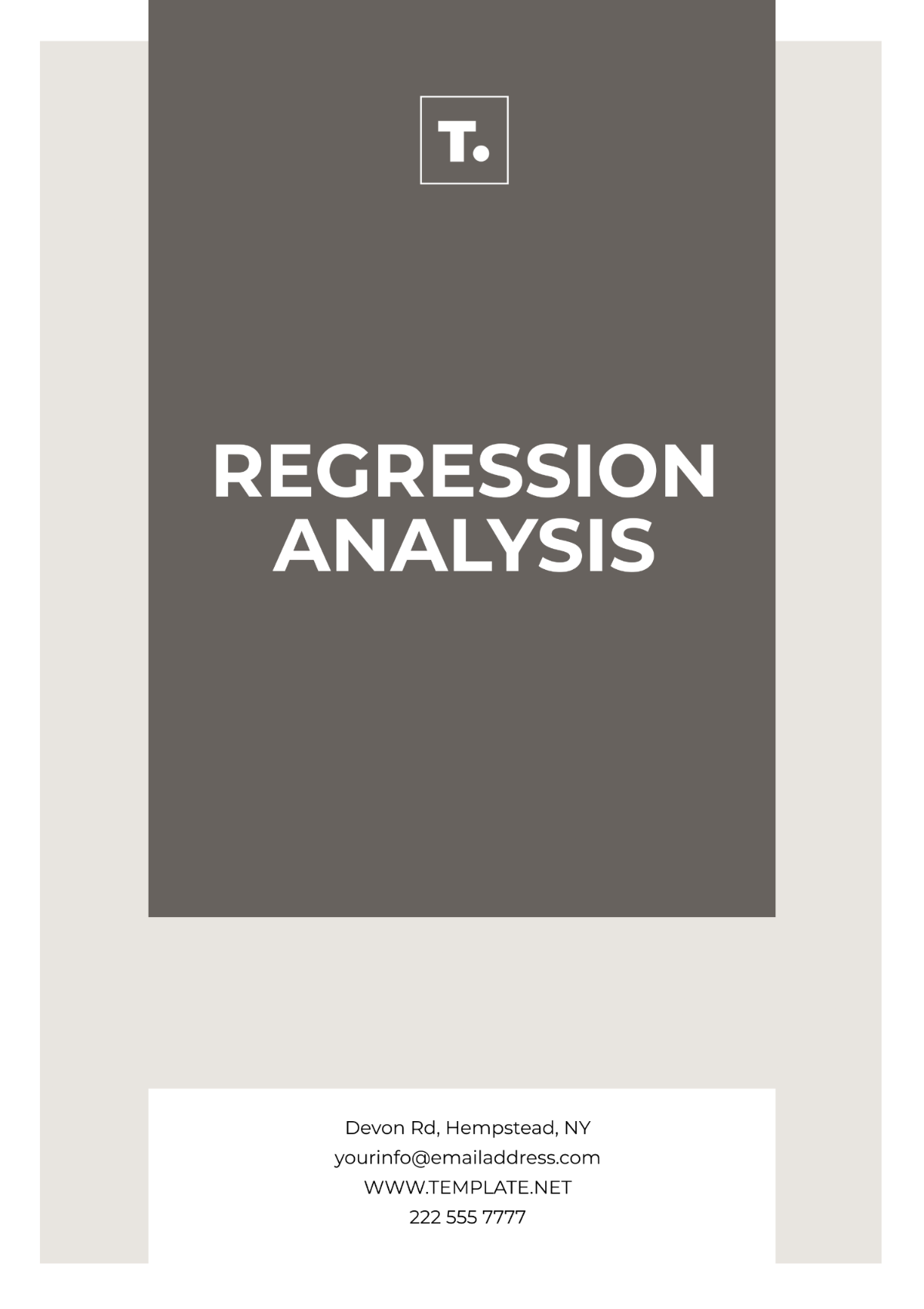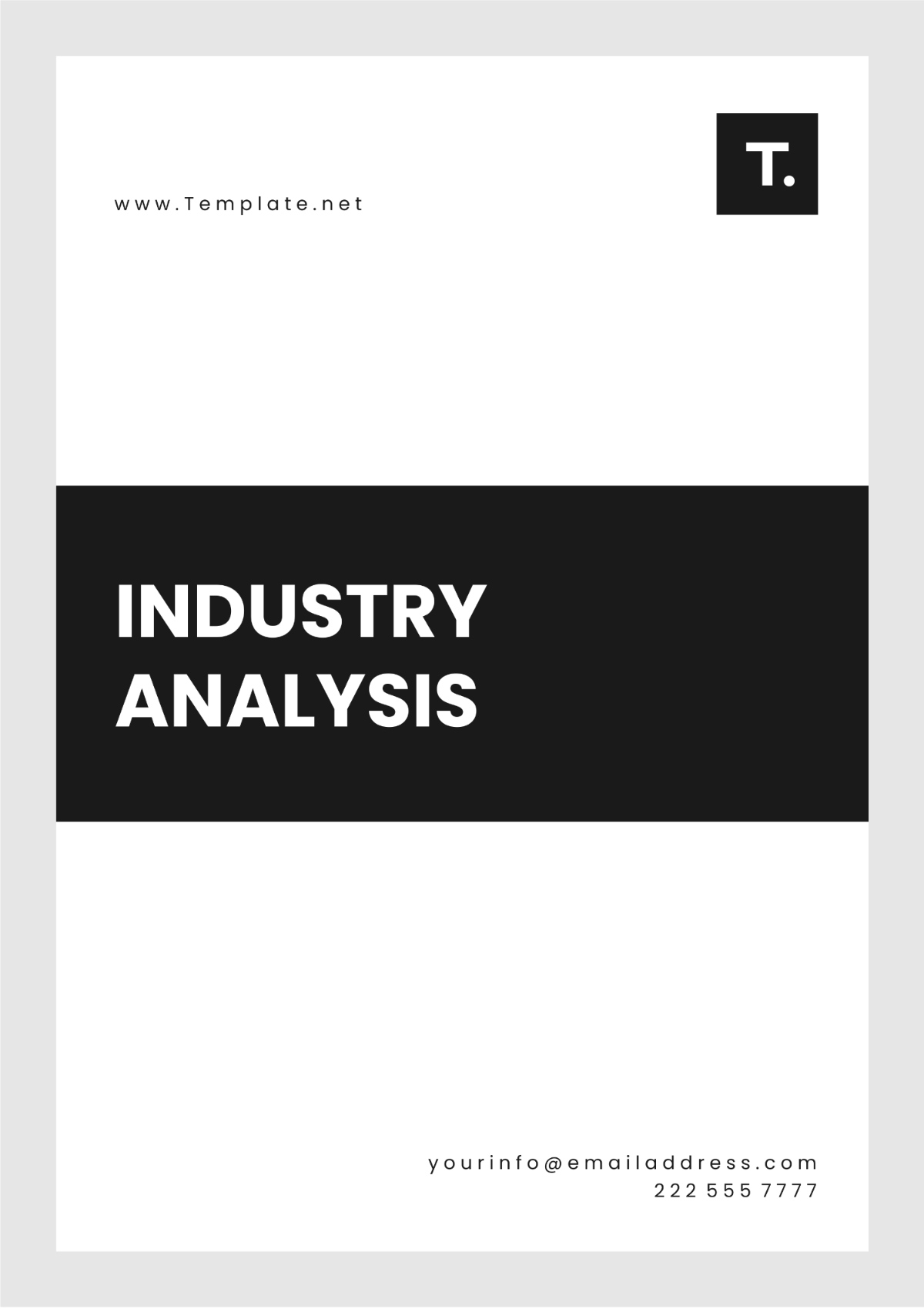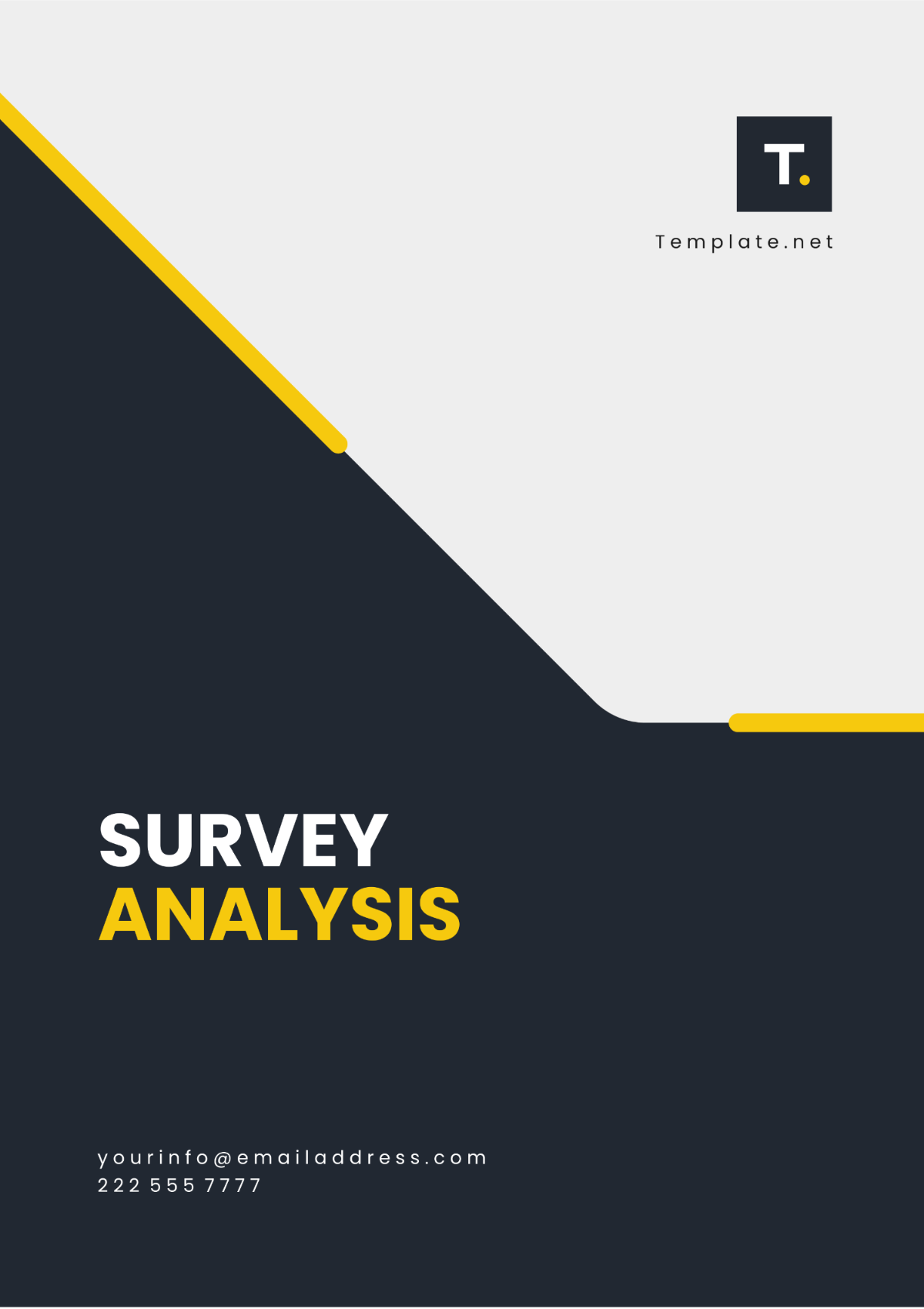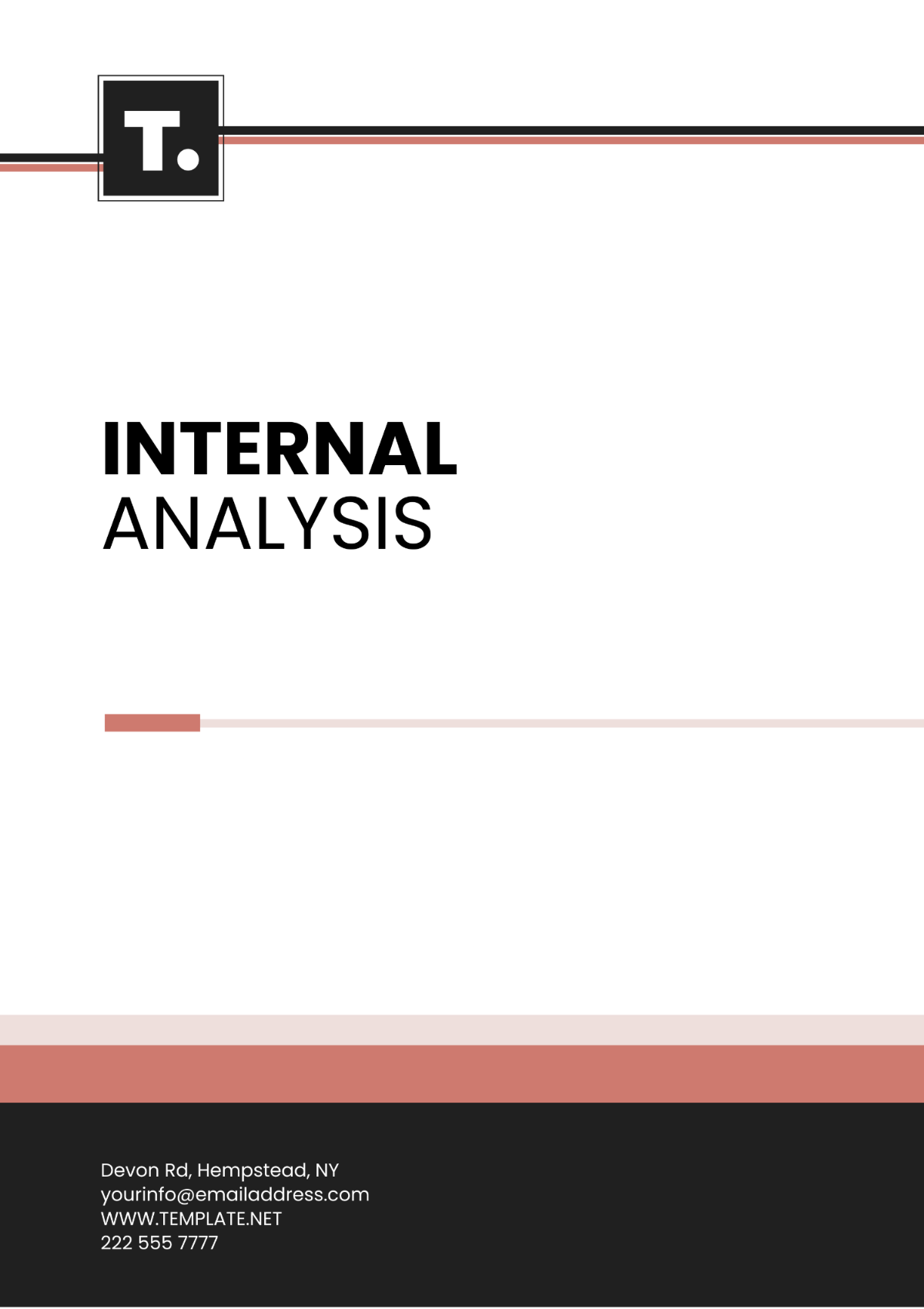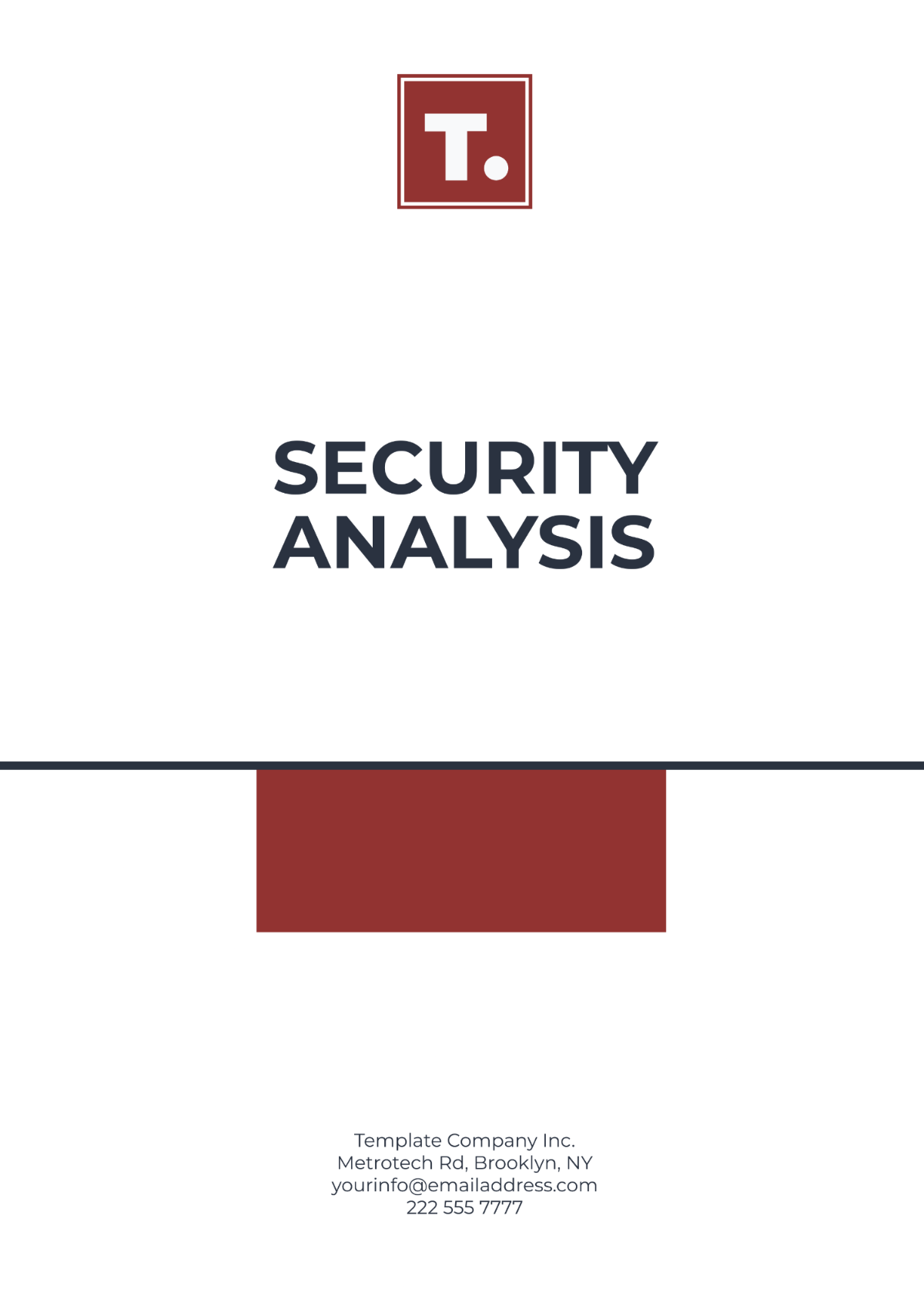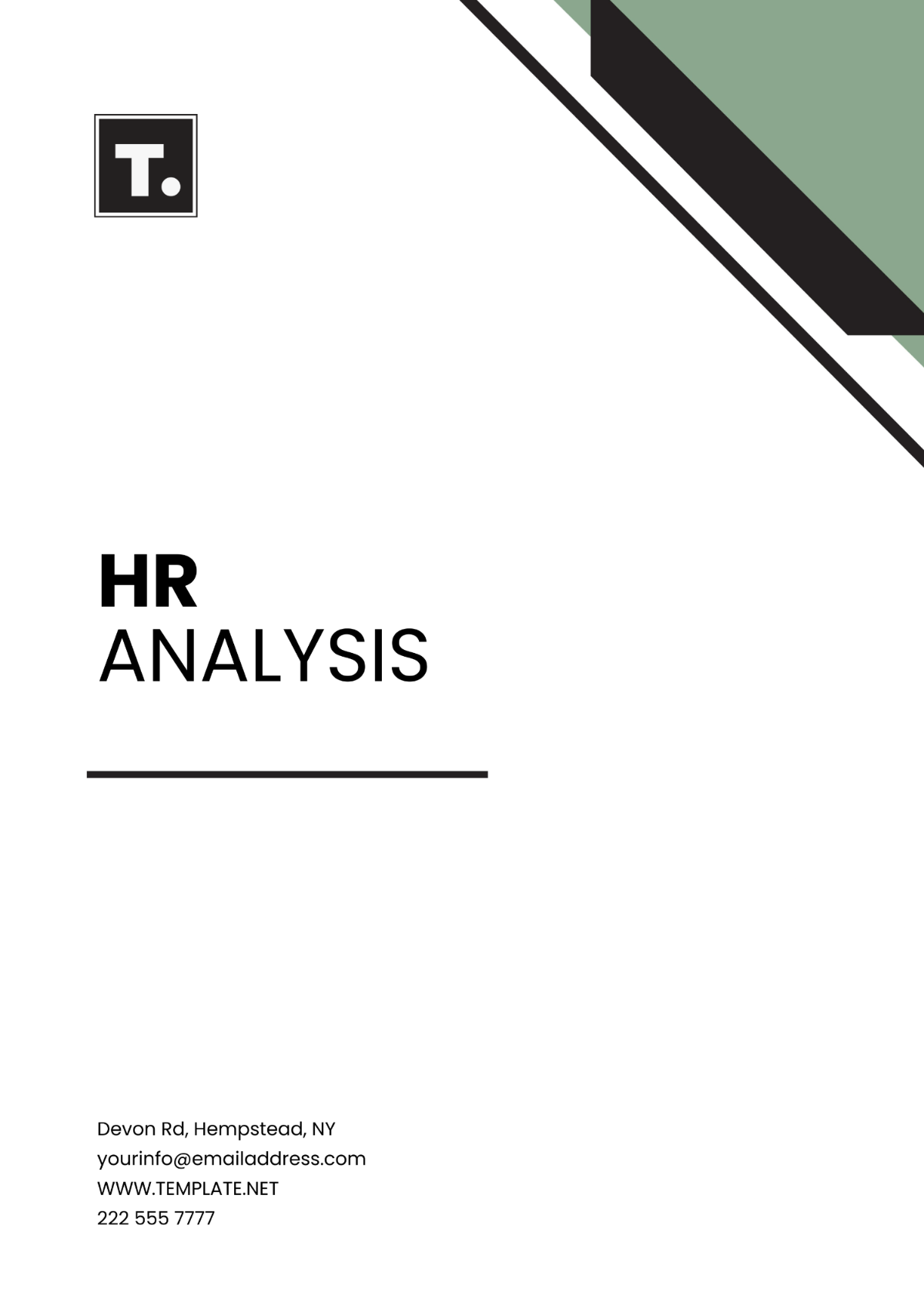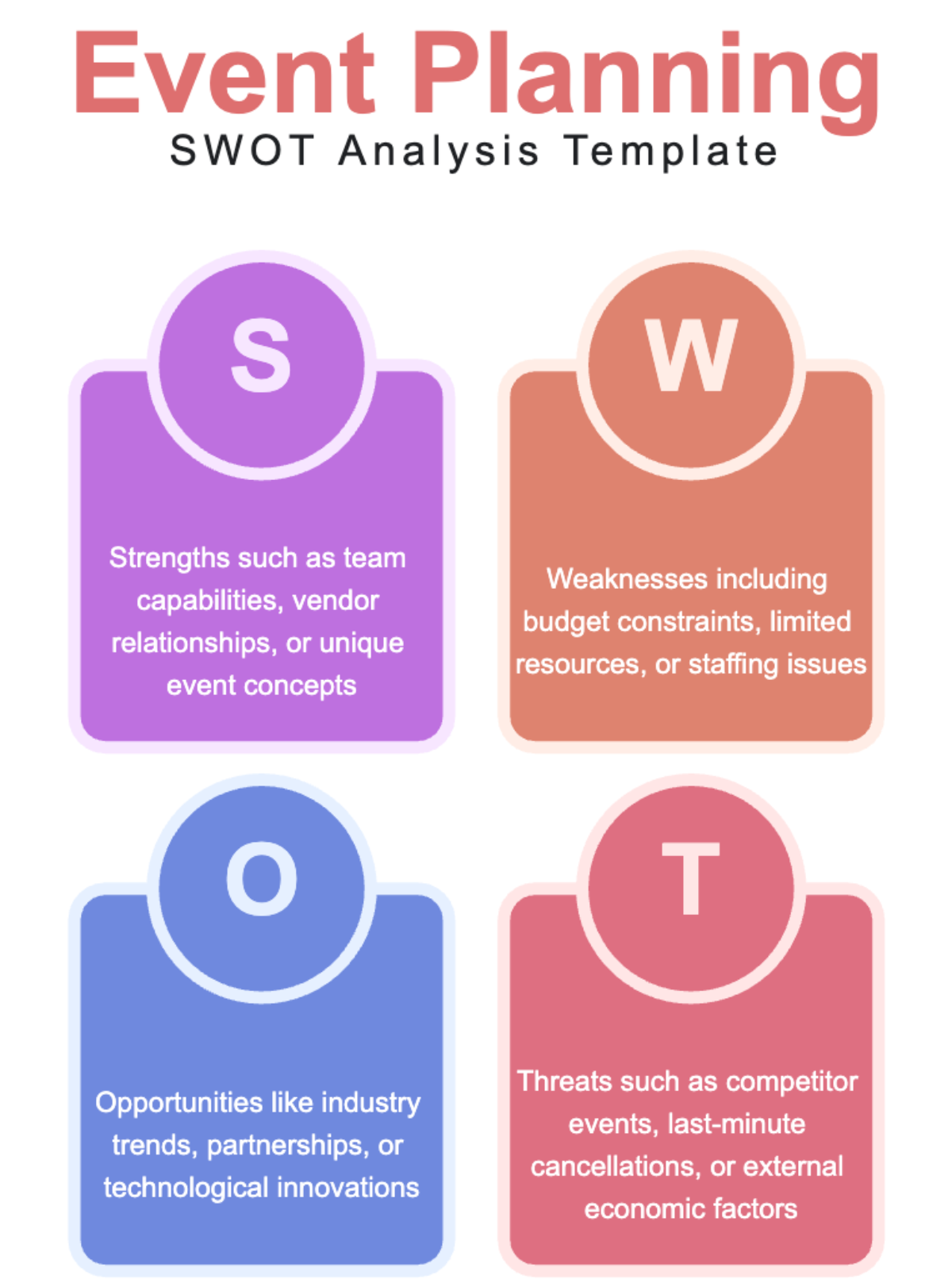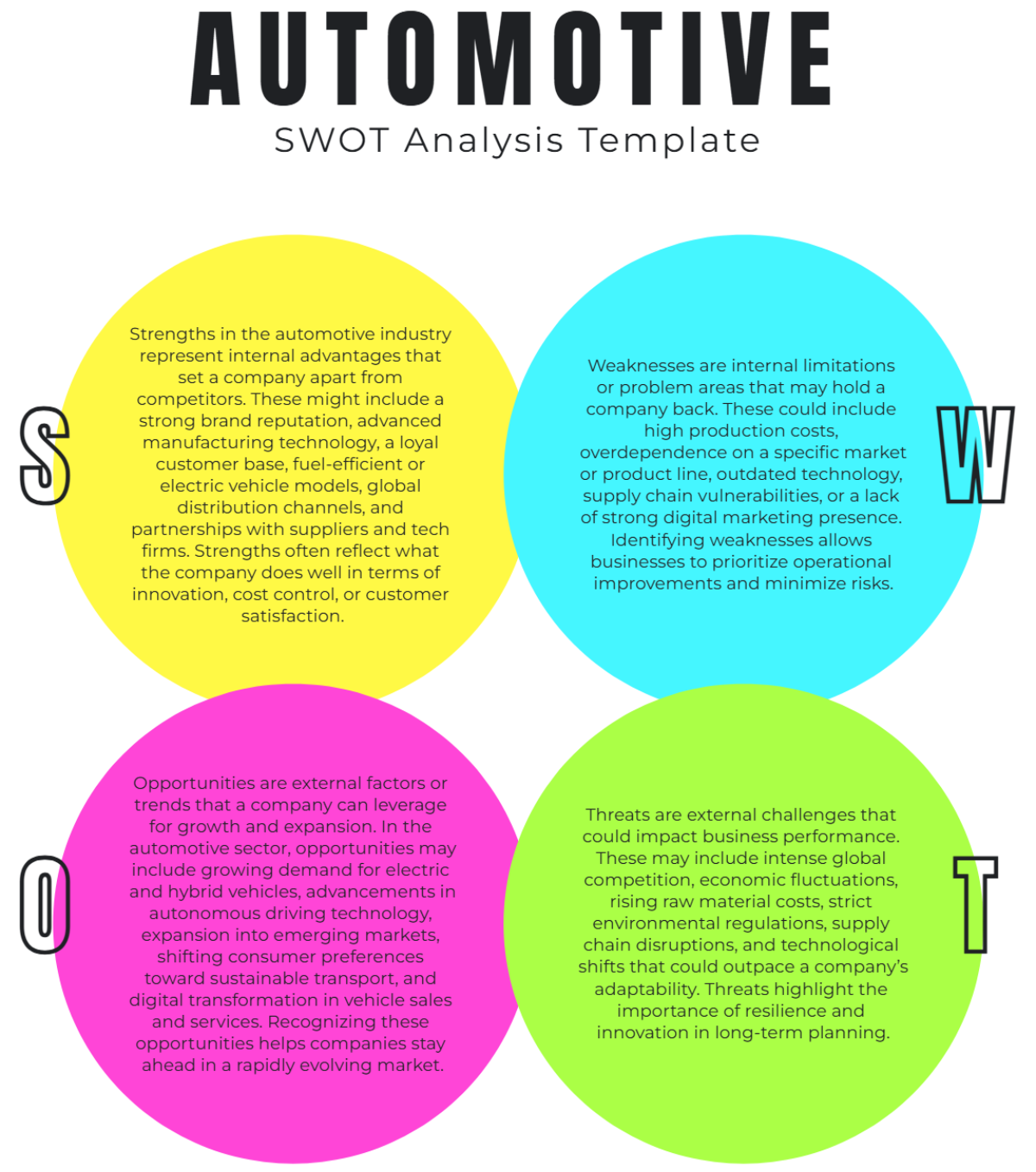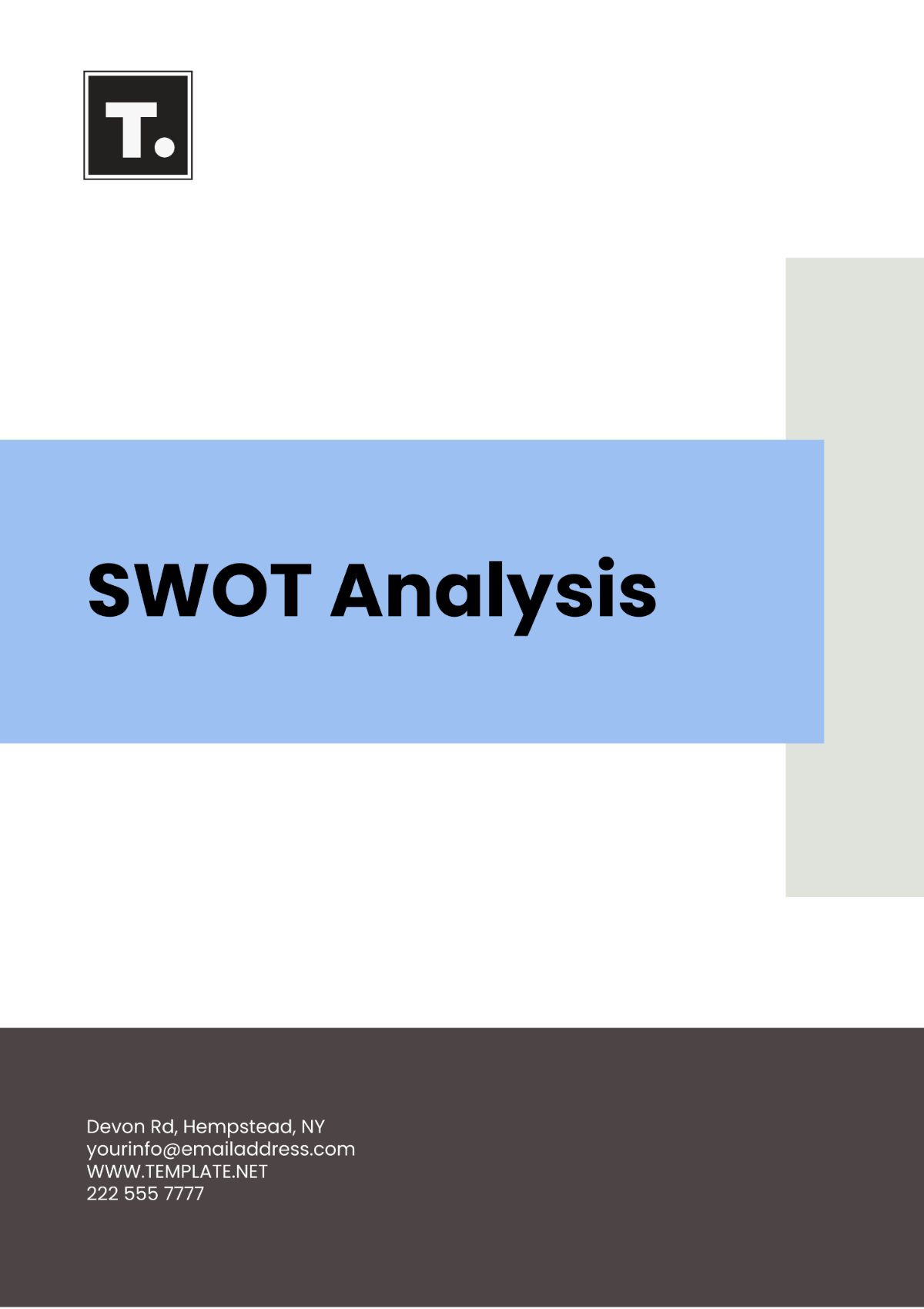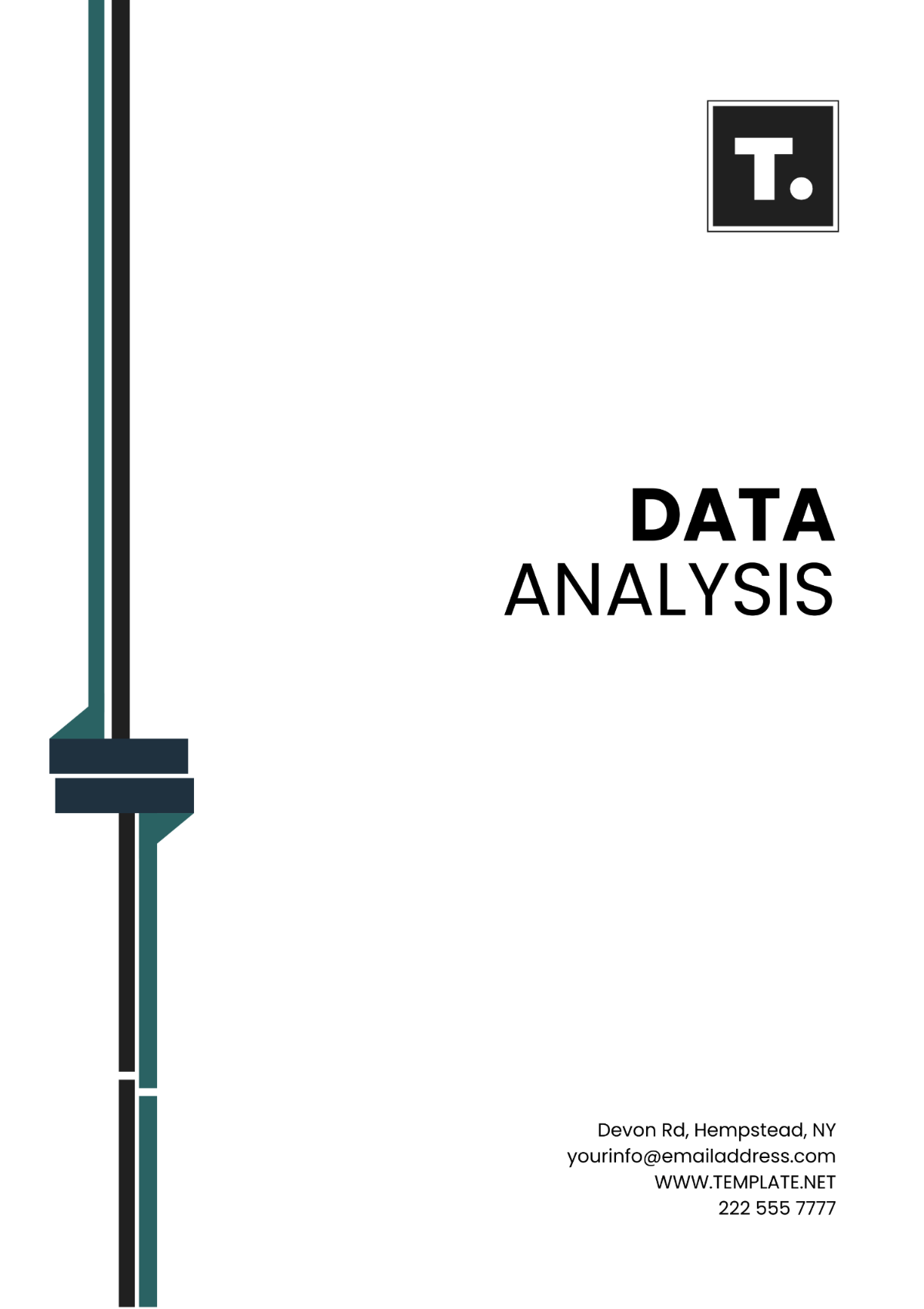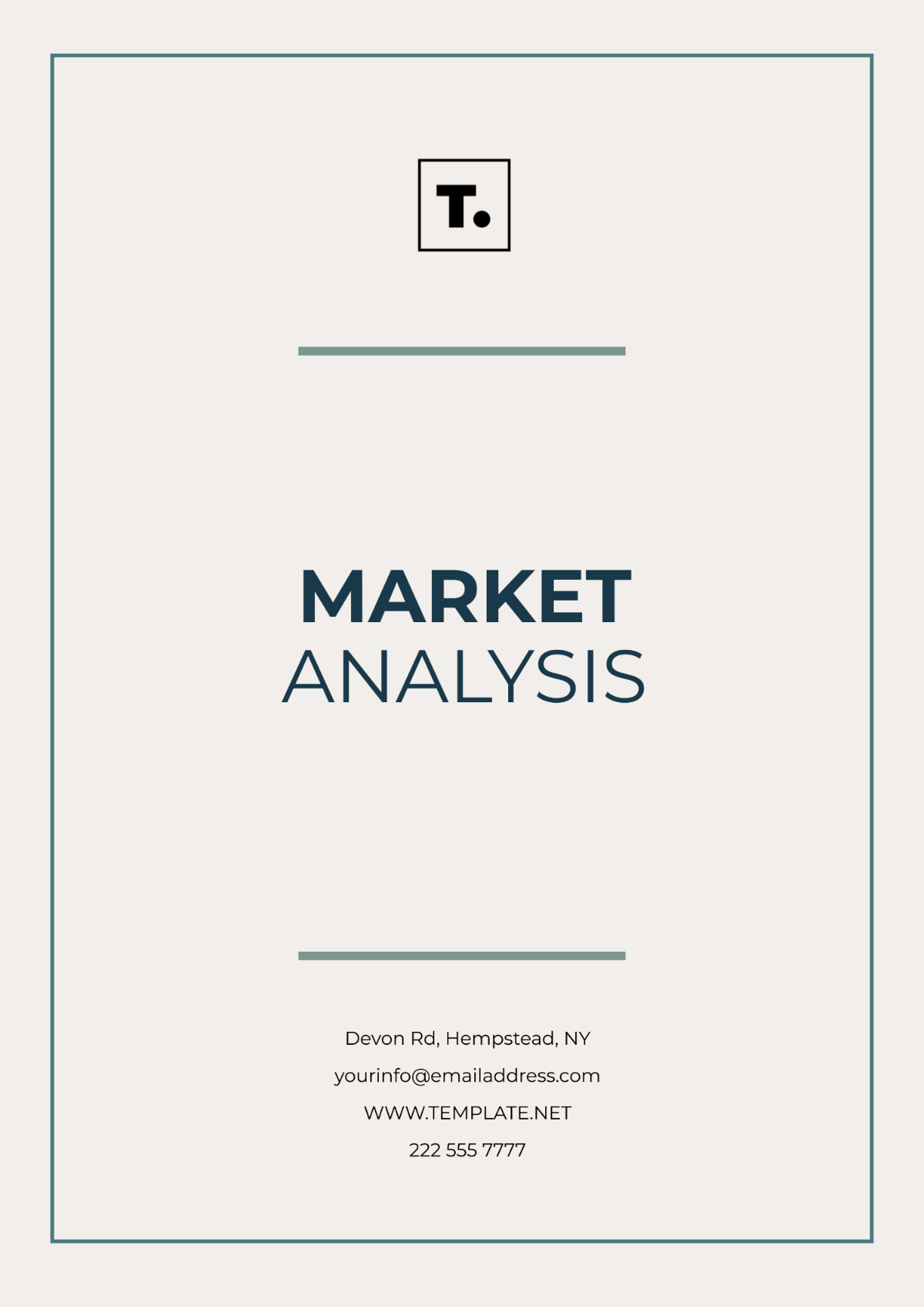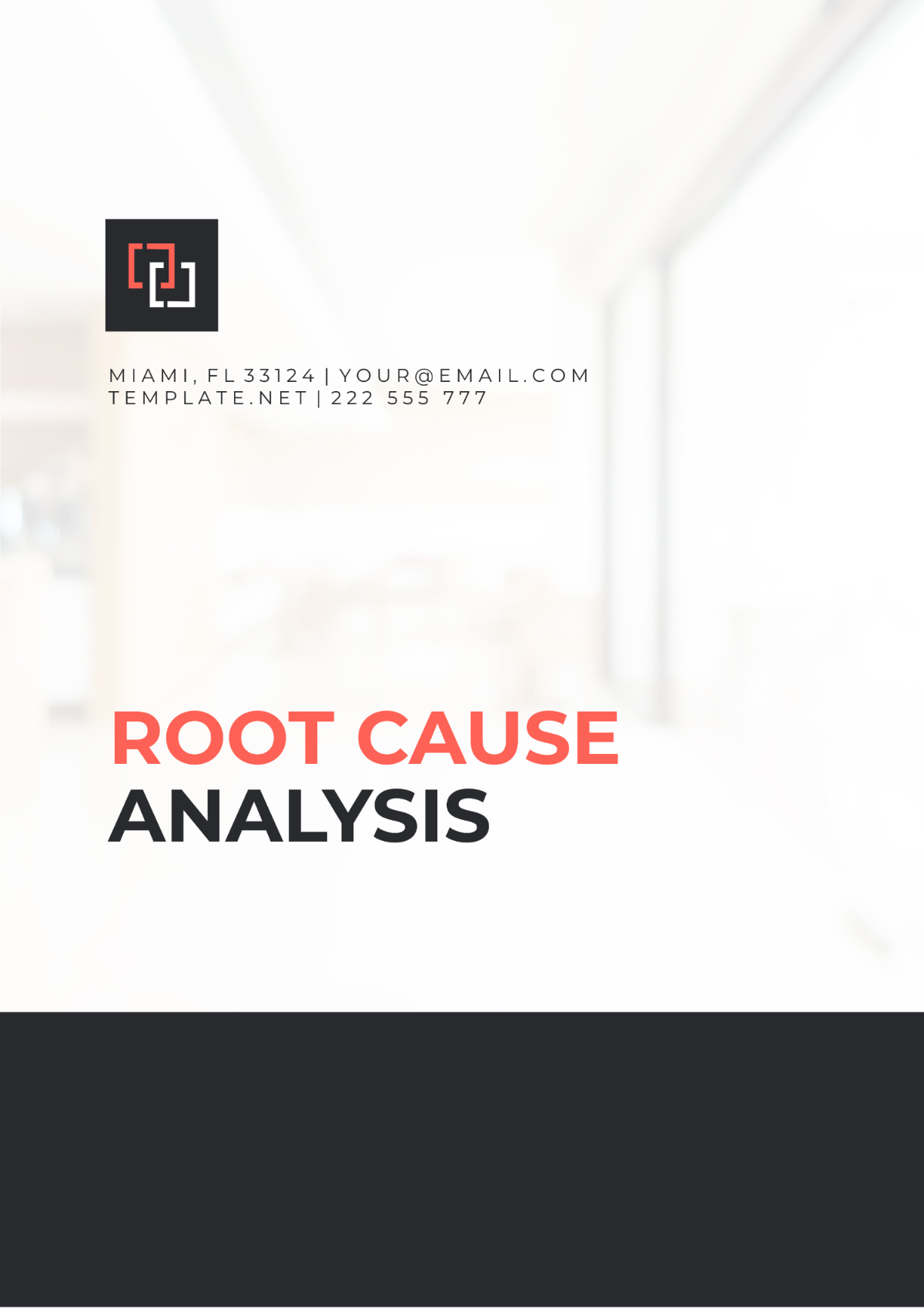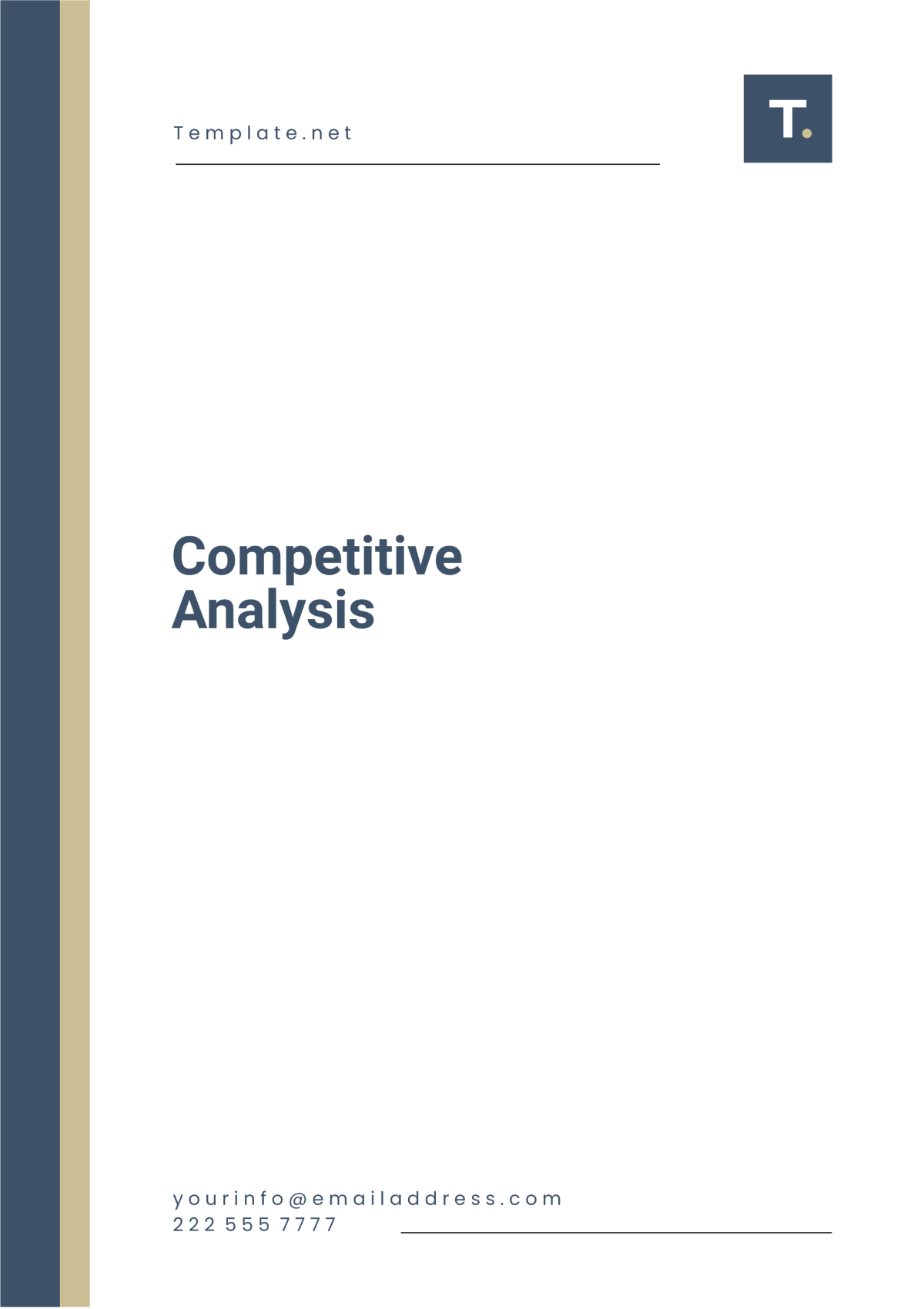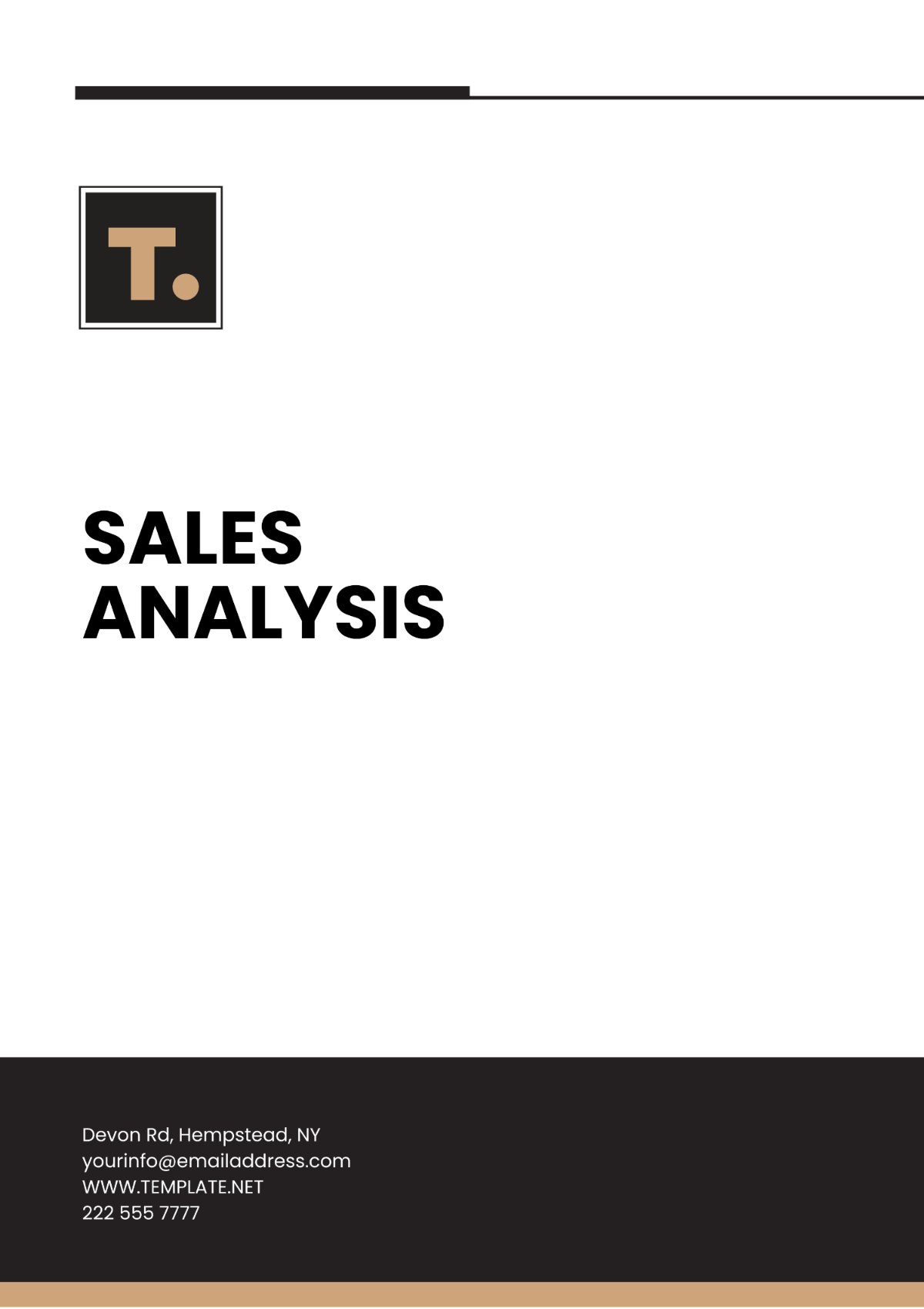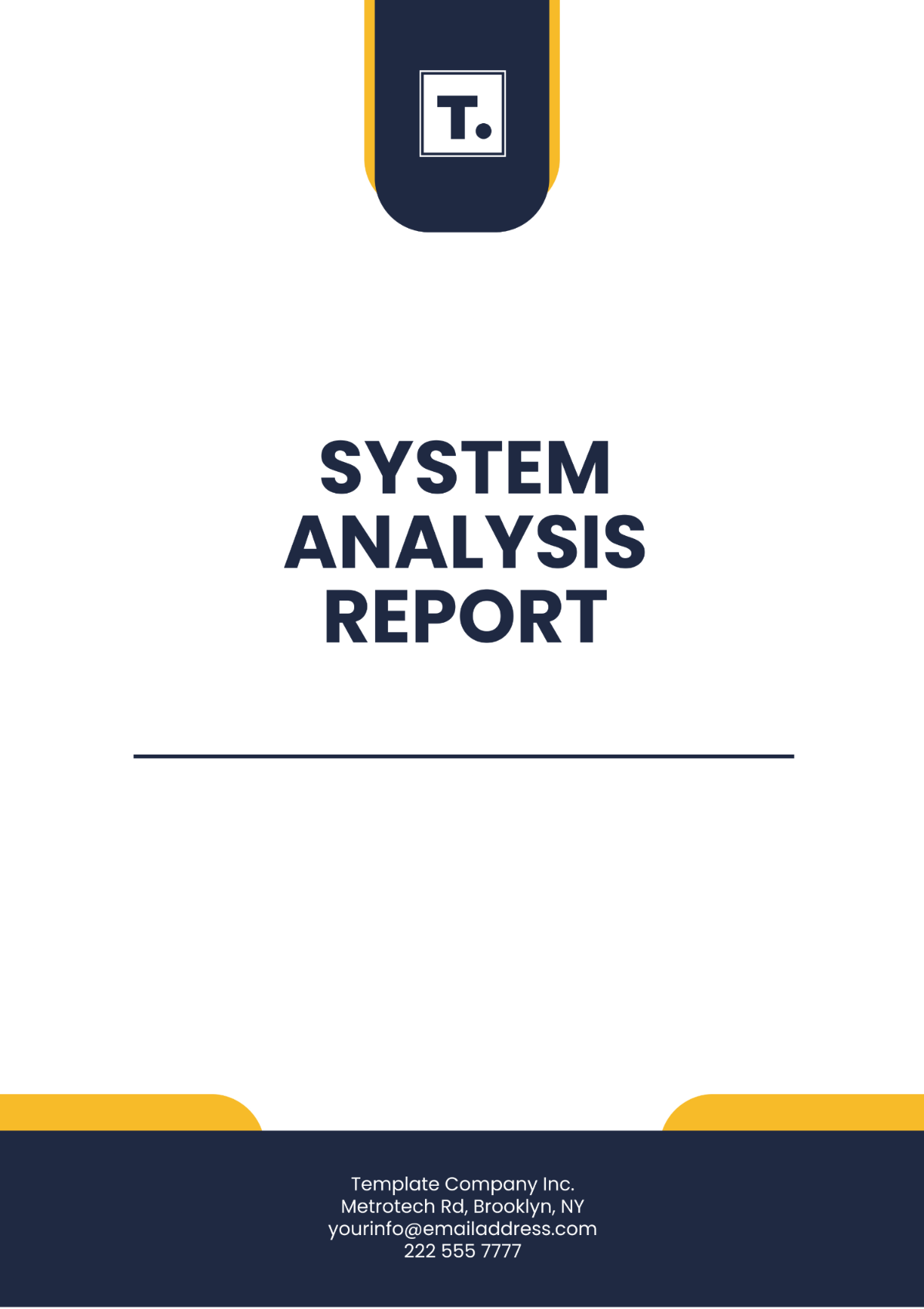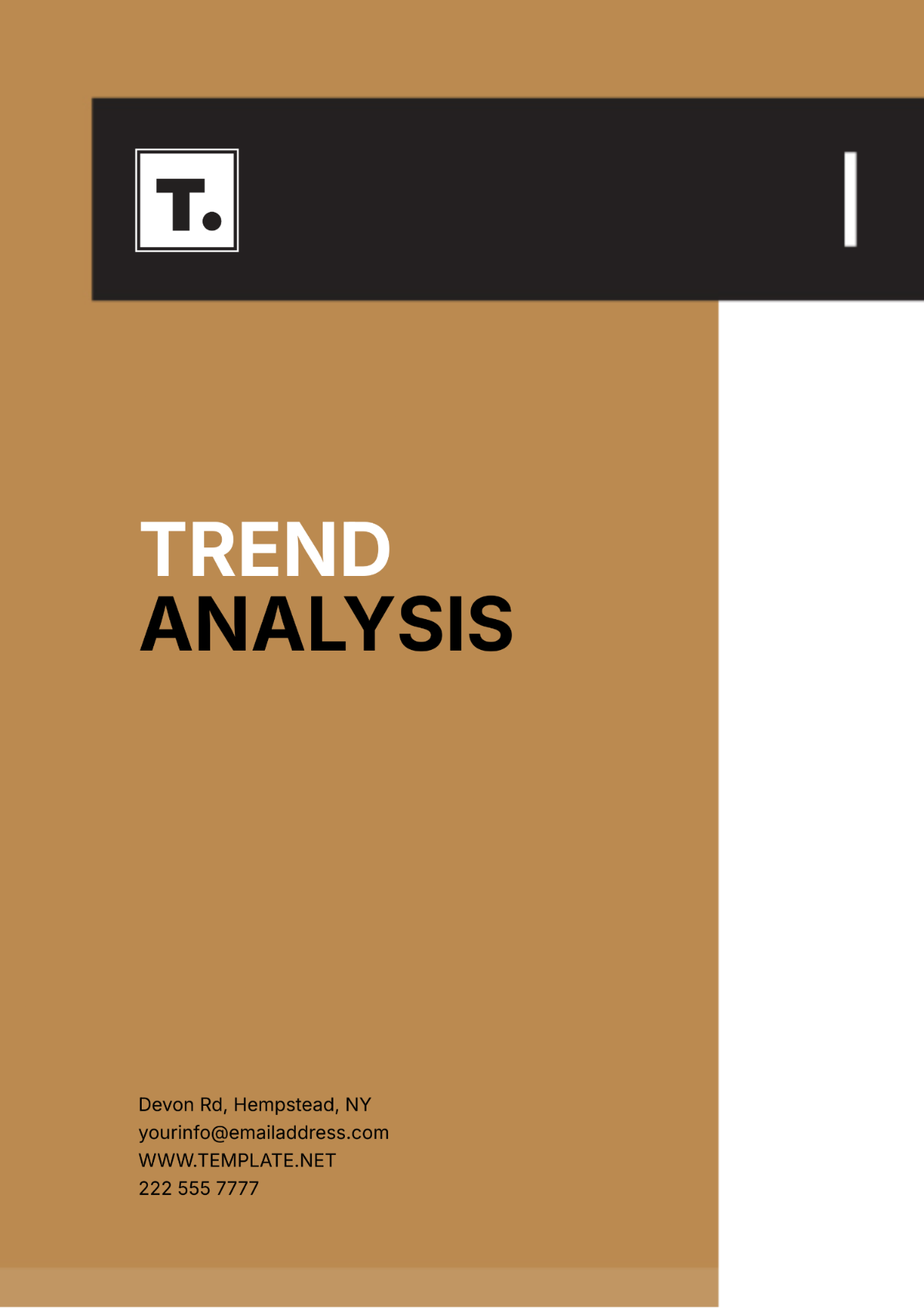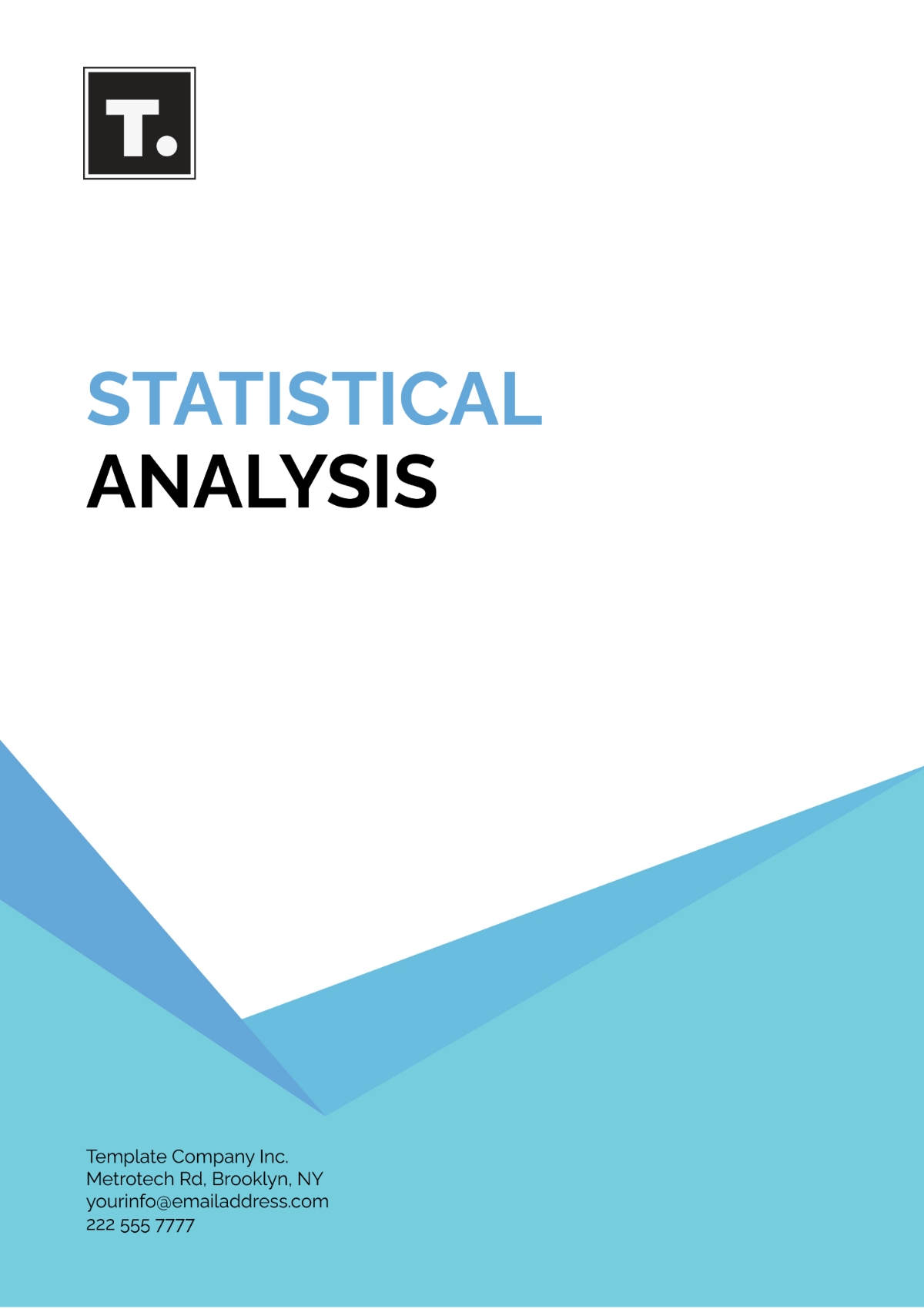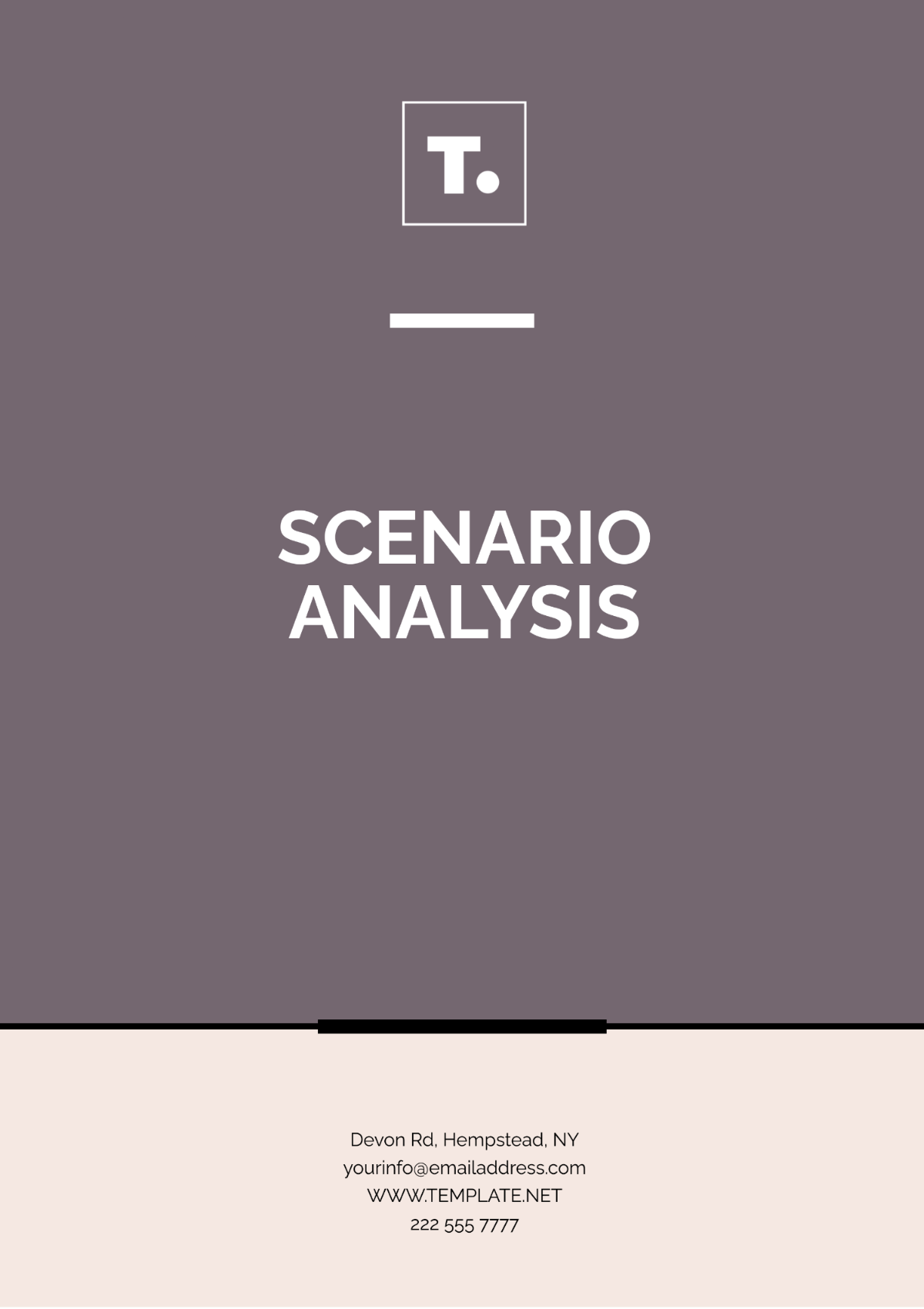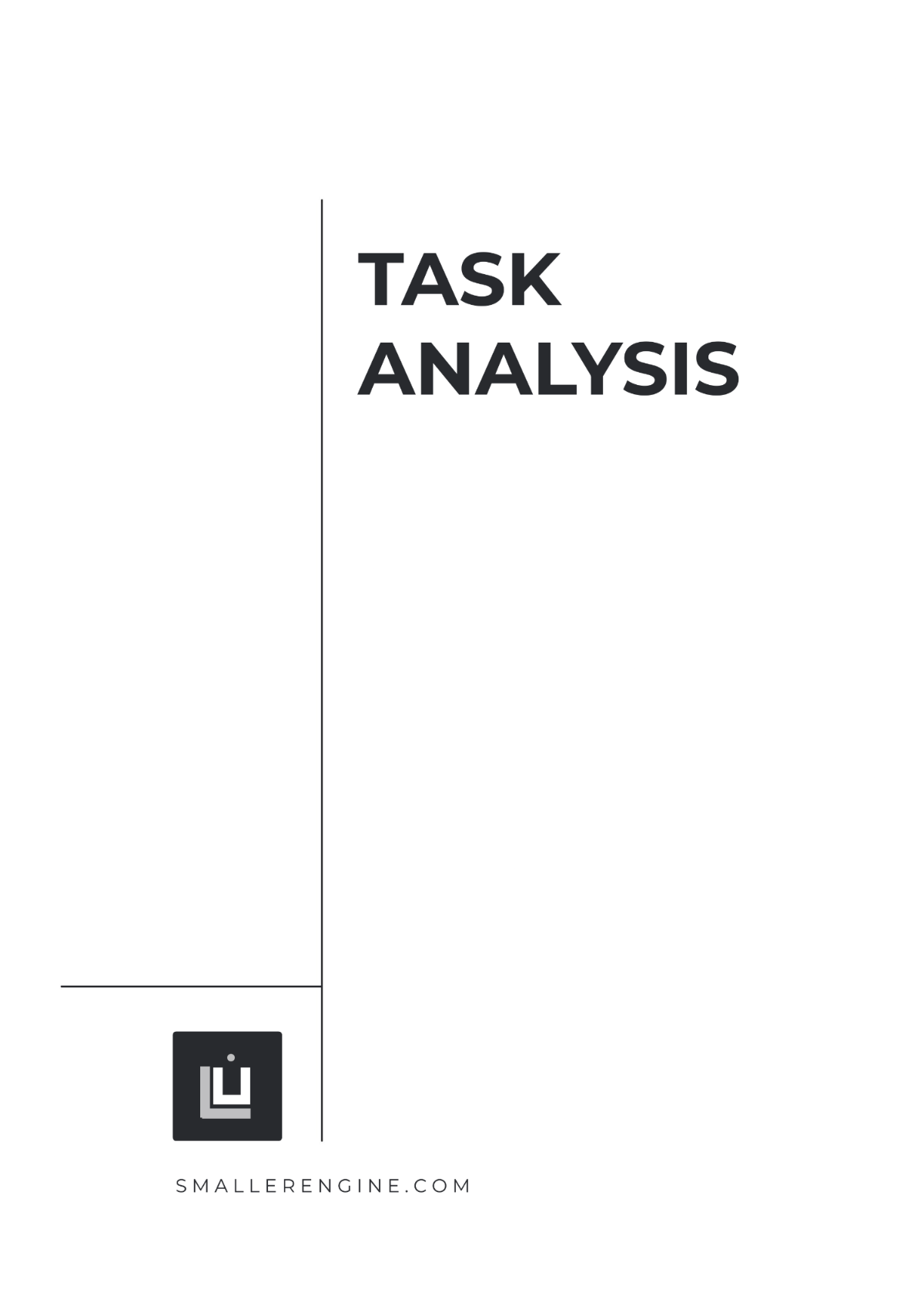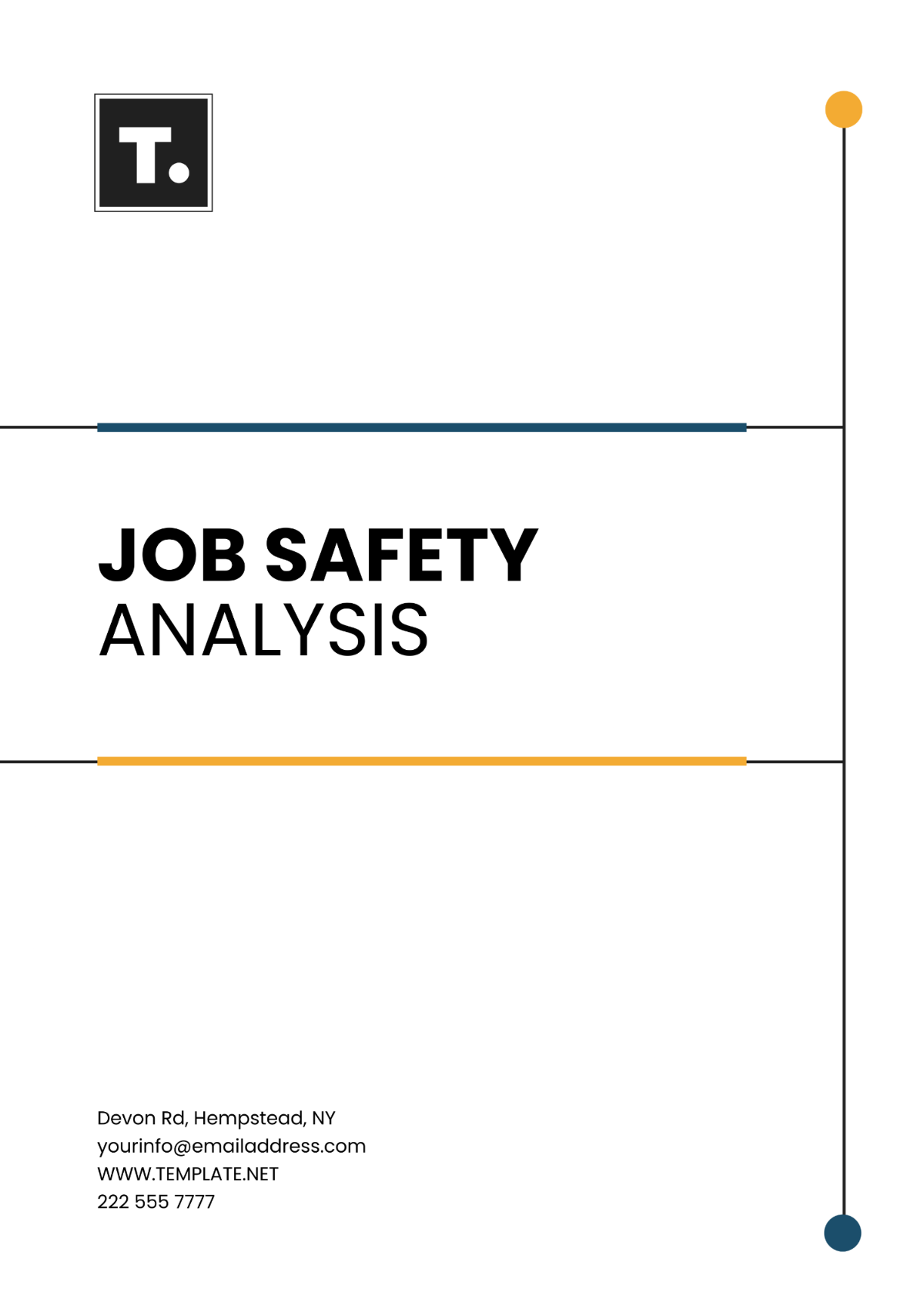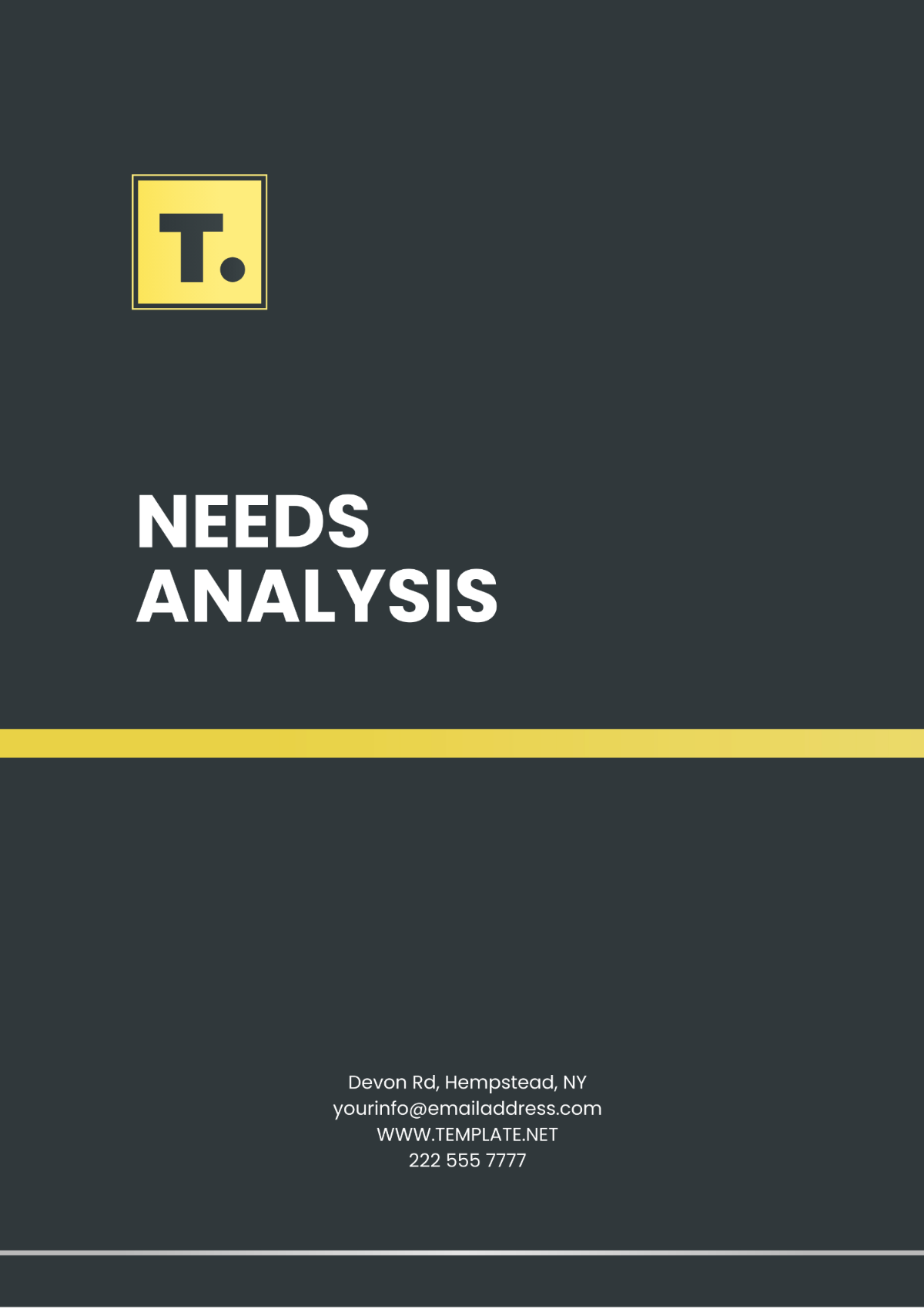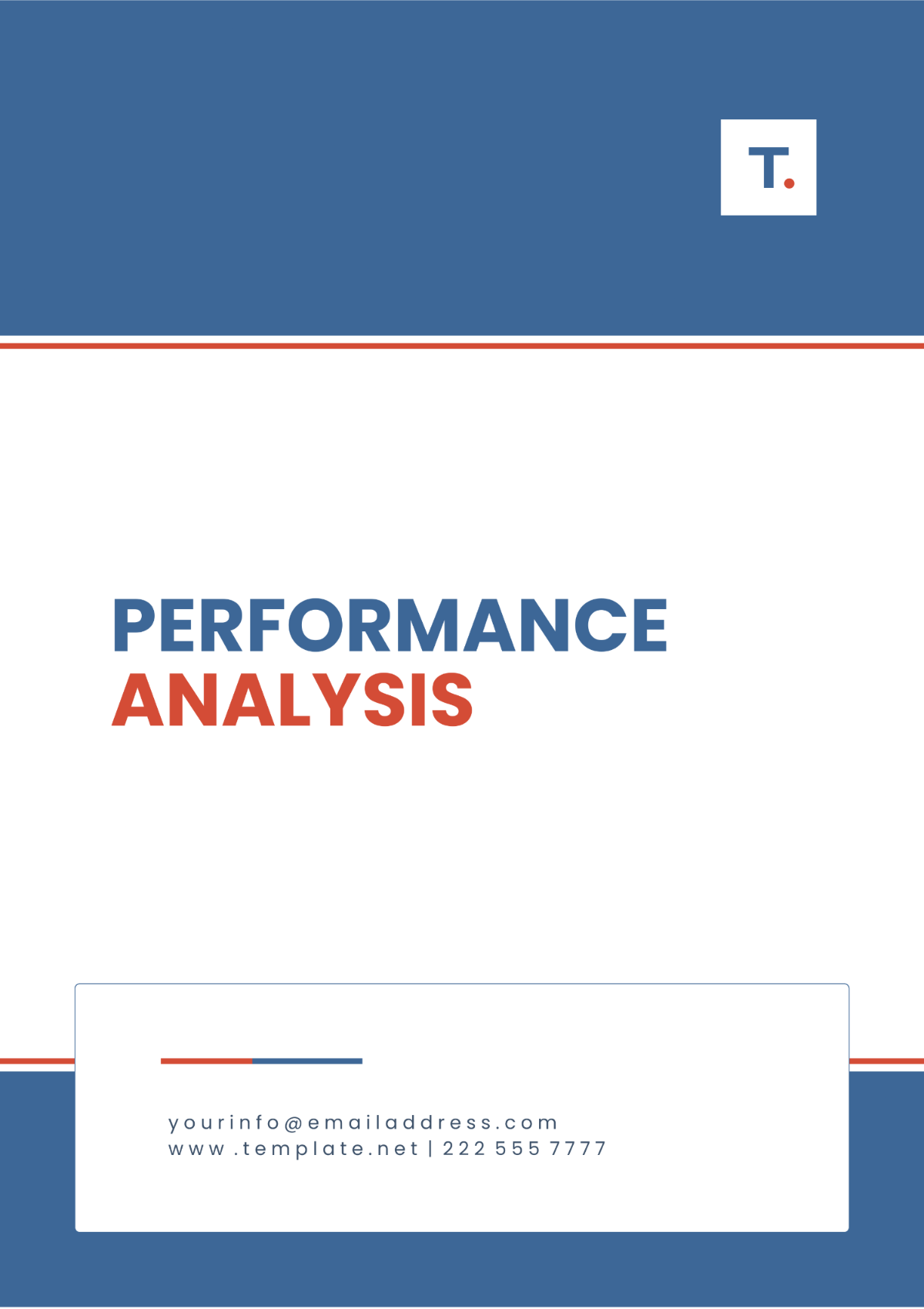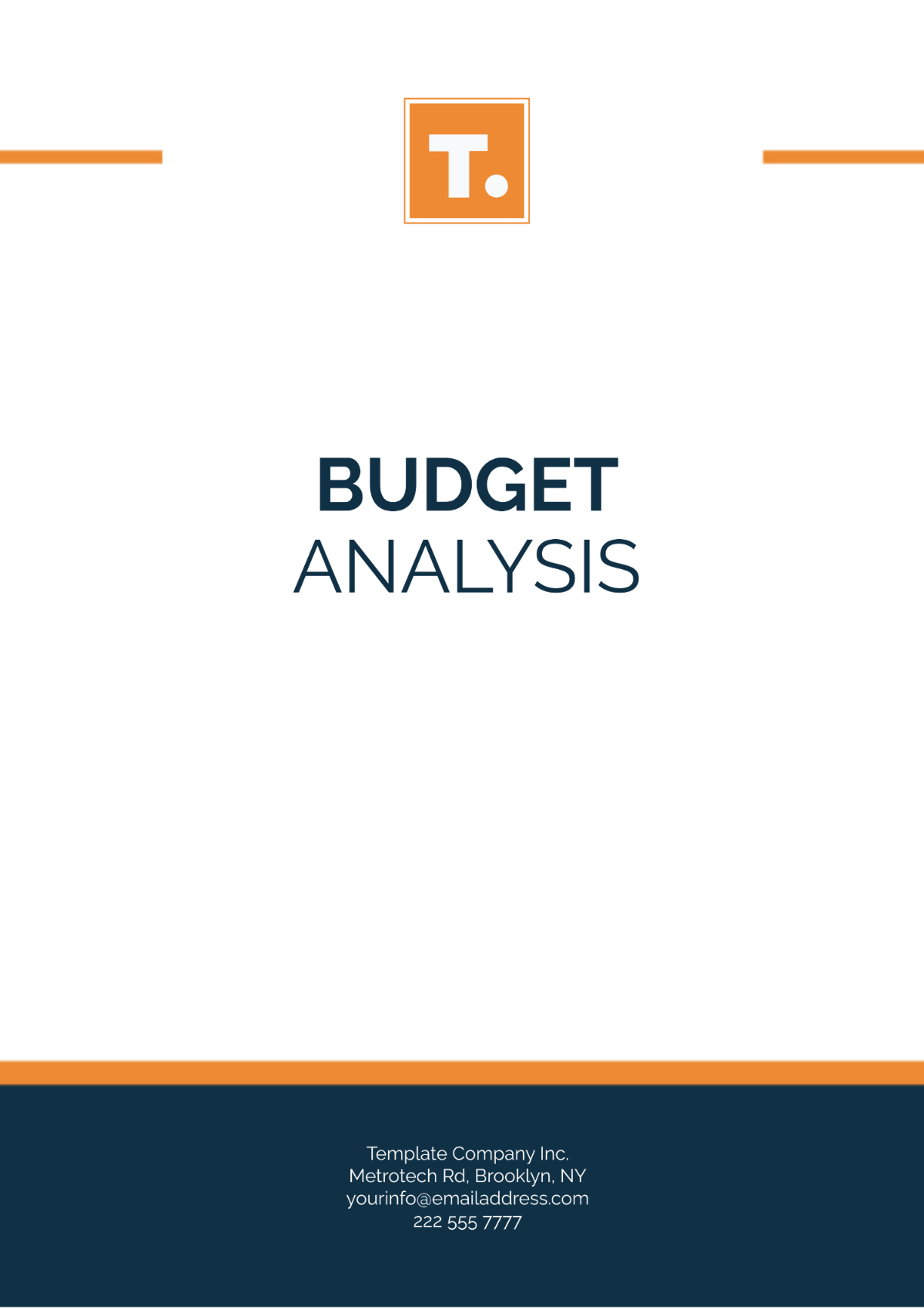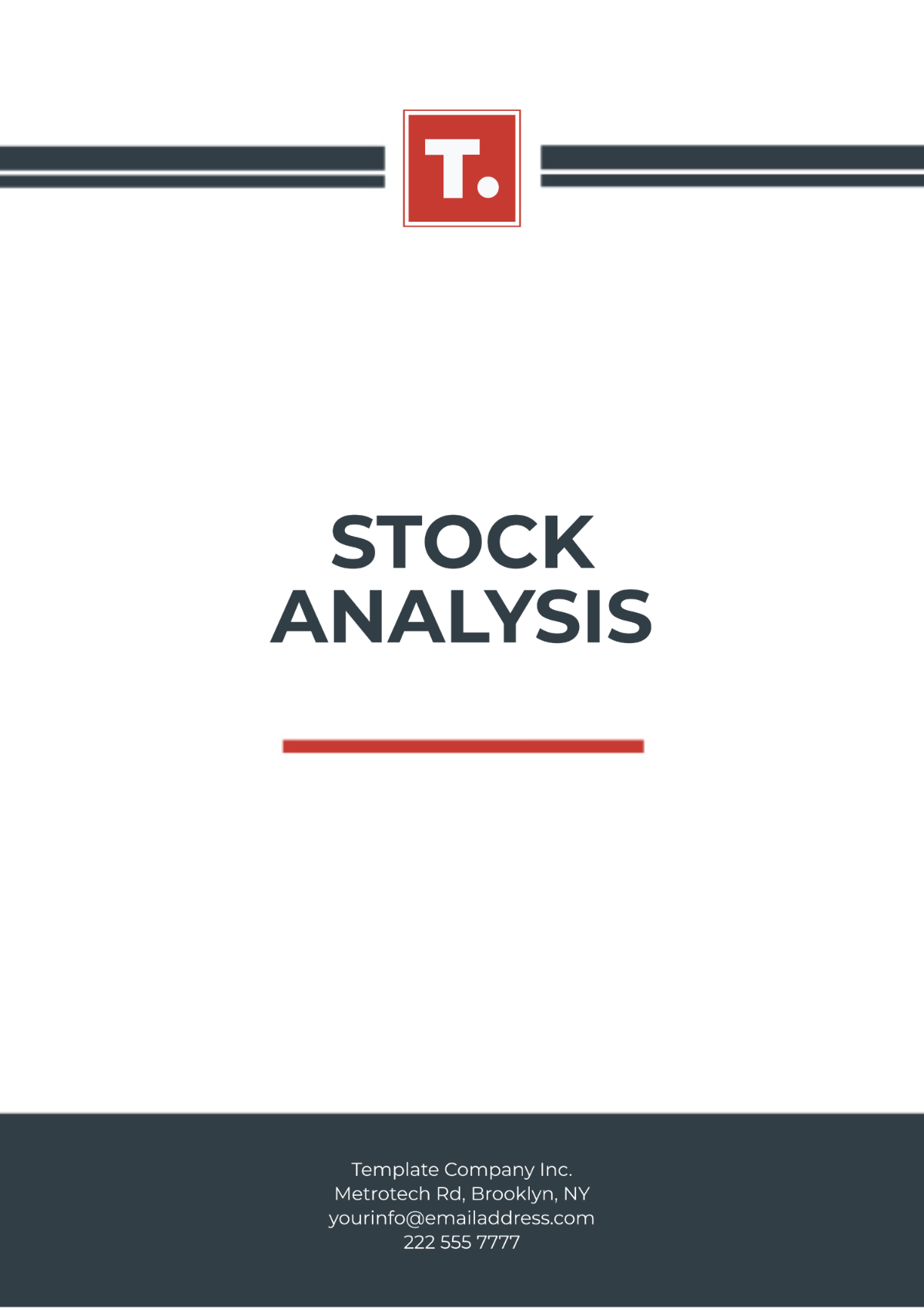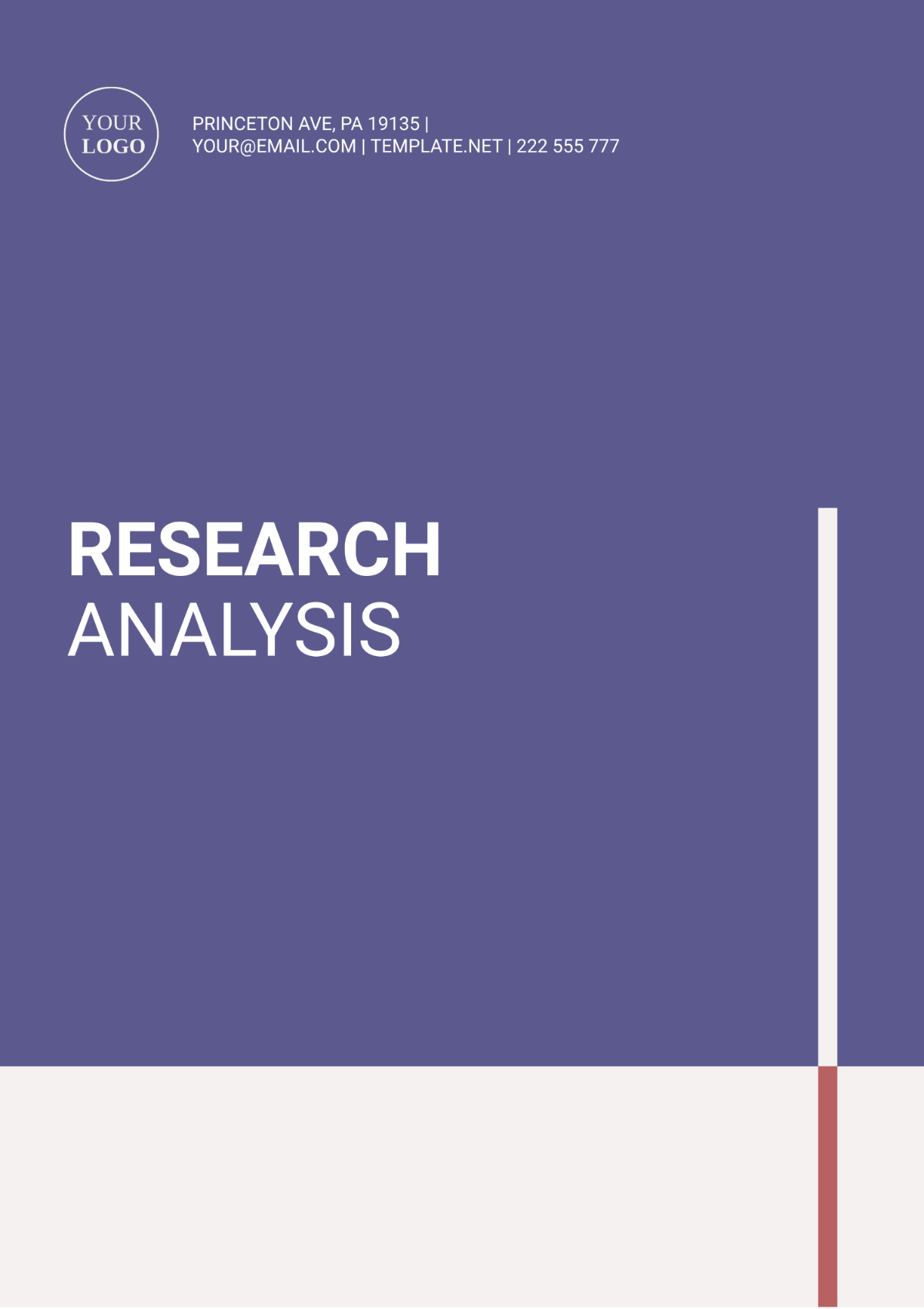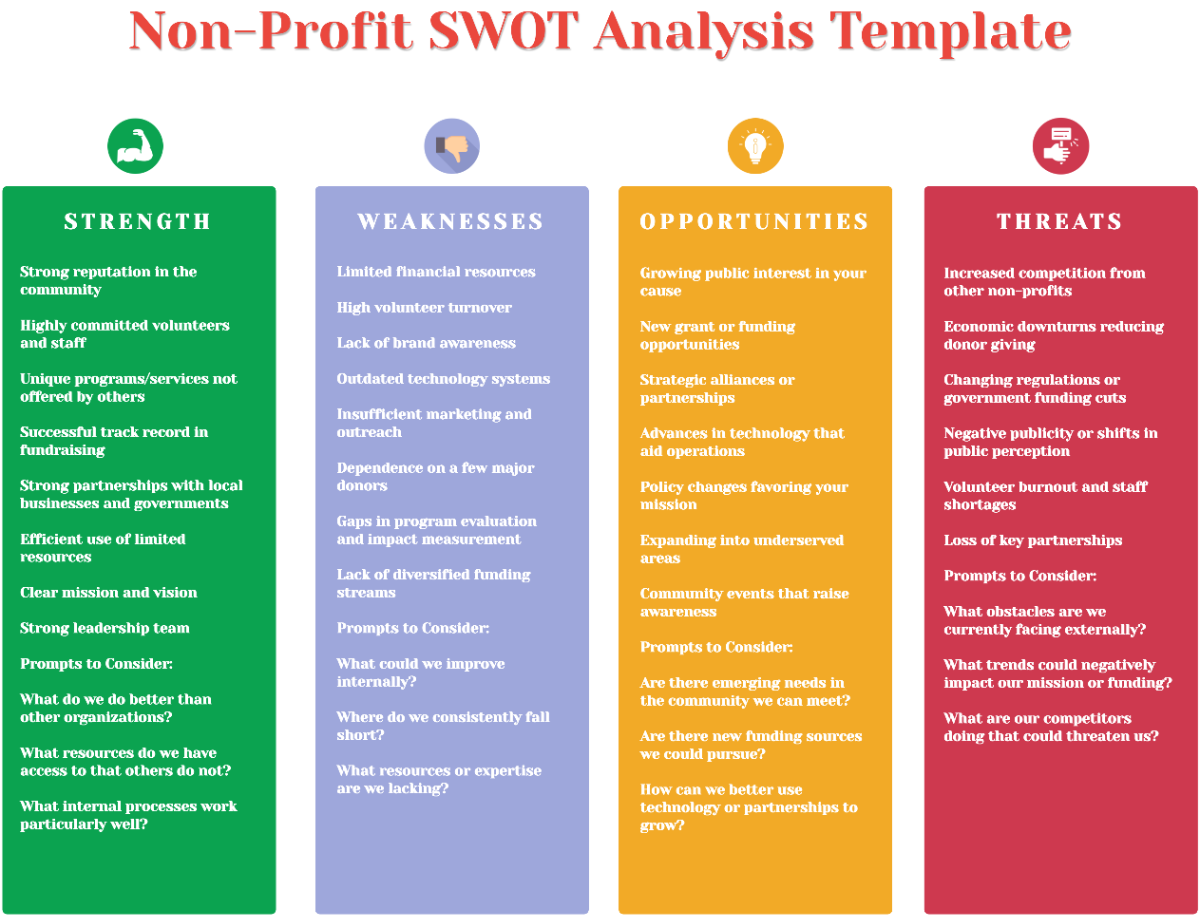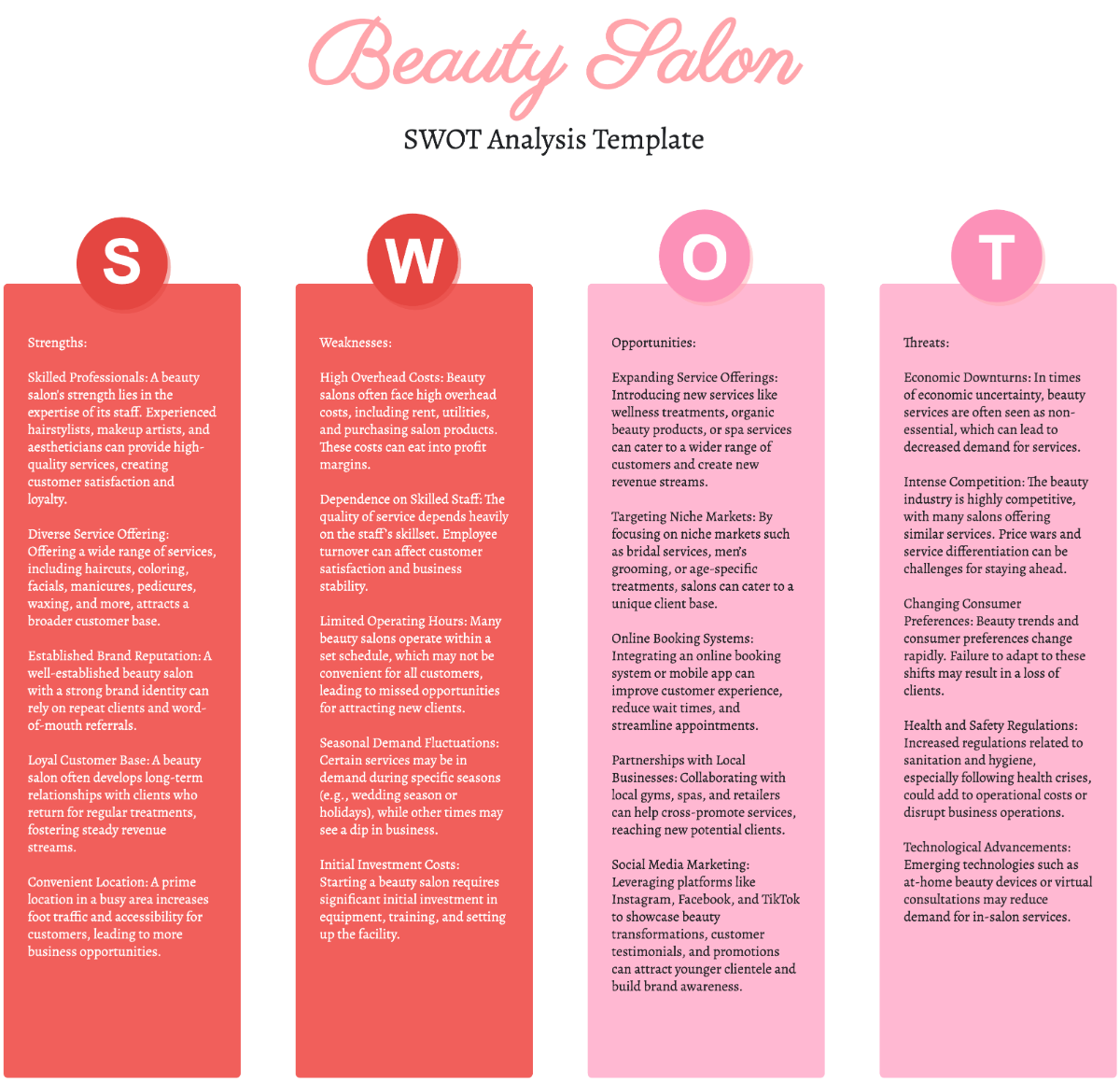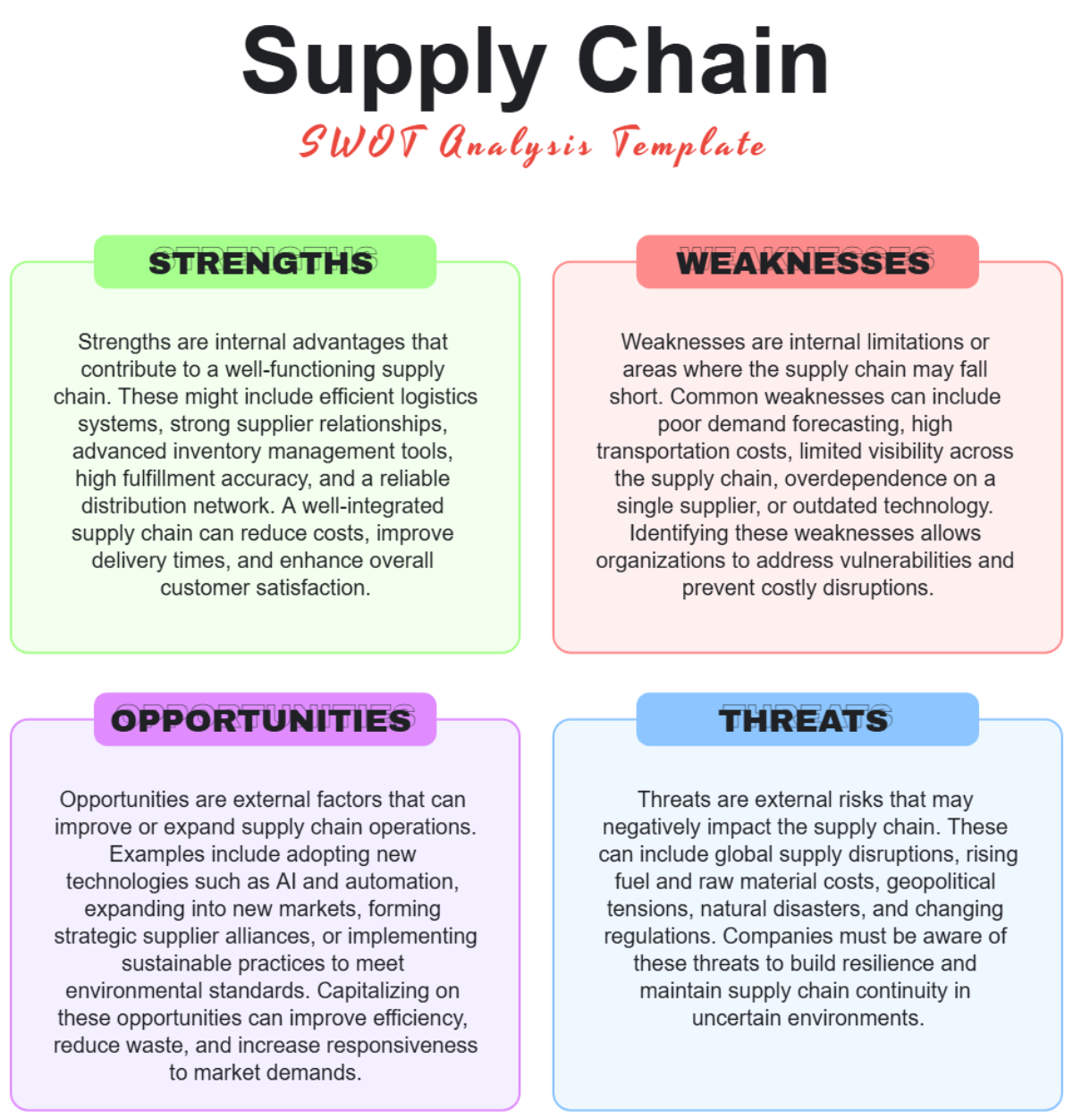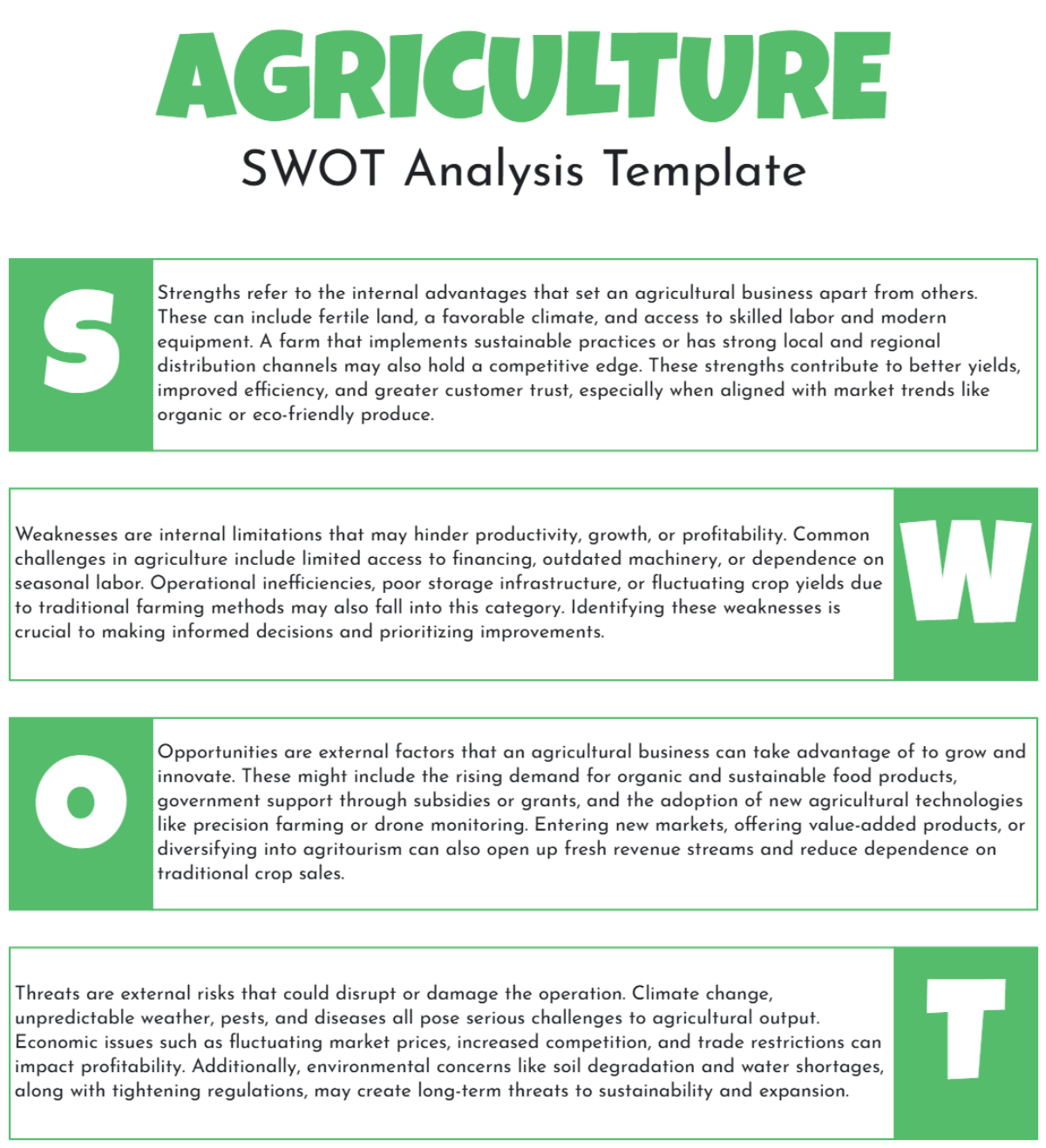Free Capitalism Study Discourse Analysis Template
Capitalism Study Discourse Analysis
Introduction
Purpose of the Study:
This study aims to analyze how capitalism is represented in political speeches between 2050 and 2070. The focus is on identifying the narratives, language, and ideologies used by politicians to discuss and justify capitalist economic policies during this period.Research Questions:
How is capitalism portrayed in political discourse from 2050 to 2070?
What are the key narratives used to frame capitalism in these speeches?
How do different political parties represent capitalism, and what ideological positions do they reflect?
Scope of the Study:
The analysis covers political speeches delivered by prominent politicians, including Presidents, Congressional leaders, and major party candidates, during the years 2050 to 2070. The study will focus on speeches that specifically address economic policies, the free market, and the role of government in the economy.
Literature Review
Overview of Existing Research:
Previous studies on discourse analysis have explored how economic systems are represented in political rhetoric. Key works include Fairclough's "Language and Power" (2051), Harvey's "A Brief History of Neoliberalism" (2050), and more recent analyses of the shifting political landscape in the mid-21st century. Contemporary studies like "Capitalism in the Post-Pandemic World" (2055) and "The Evolution of Economic Rhetoric" (2053) provide a foundation for understanding how capitalist discourse has evolved leading up to 2055.Gaps in the Literature:
While there is extensive research on neoliberal discourse and its impact on global economics, there is a relative lack of focused studies examining how capitalism, as an economic system, is specifically framed in political speeches from 2050 onwards. This study seeks to fill this gap by providing a detailed discourse analysis of political rhetoric related to capitalism.
Methodology
Research Design:
This study employs a qualitative discourse analysis approach, focusing on thematic and critical discourse analysis to uncover the underlying ideologies and narratives in political speeches.Data Collection:
Data will be collected from a range of sources, including:Textual Sources: Transcripts of speeches from Presidents, key Congressional leaders, and major party candidates during election campaigns.
Media Coverage: Media reports and analysis of these speeches, sourced from reputable outlets such as major news organizations and government archives.
Official Documents: Published speeches available from government archives and political party websites.
Analytical Framework:
The study will use Fairclough’s Critical Discourse Analysis (CDA) framework to examine the language used in these speeches. This will include:Thematic Analysis: Identifying recurring themes, such as "freedom," "innovation," "competition," and "government intervention."
Ideological Analysis: Assessing how these themes align with broader ideological positions, such as neoliberalism, social democracy, or populism.
Narrative Structures: Analyzing how capitalism is framed within broader narratives of national identity, economic progress, and social justice.
Data Analysis
Text/Media Analysis:
The analysis reveals that political speeches often portray capitalism as synonymous with freedom and innovation. For instance:Leaders from 2050-2060: Frequently emphasized the role of capitalism in fostering technological innovation and global leadership, particularly in the context of post-pandemic economic recovery and environmental sustainability.
Leaders from 2060-2070: Framed capitalism as a system that needs to be reformed to ensure global equity and address challenges like climate change and social inequality, often highlighting the need for government regulation to achieve sustainable development.
Comparison of Different Discourses:
A comparative analysis between major political parties shows significant differences in how capitalism is represented:Progressive Party Discourse: Tends to emphasize the need for checks on capitalism to protect workers, the environment, and promote global equity, reflecting a more social democratic or eco-socialist stance.
Conservative Party Discourse: Often frames capitalism as a self-regulating system that should be left unimpeded by government intervention, aligning with neoliberal and free-market ideologies.
Discussion
Interpretation of Findings:
The findings suggest that political discourse on capitalism is heavily influenced by the ideological leanings of the speaker. Conservative rhetoric often positions capitalism as a key component of national identity, associating it with freedom and technological innovation. In contrast, Progressive rhetoric is more likely to frame capitalism within a narrative of reform and regulation, highlighting the need for a balanced approach that includes social responsibility and environmental sustainability.Implications:
The representation of capitalism in political speeches has significant implications for public understanding and policy-making. The dominance of neoliberal discourse in Conservative rhetoric, for example, may influence public support for deregulation and technological advancement policies that favor market freedom over social welfare. Conversely, the Progressive emphasis on regulation and equity may shape public expectations for government intervention in the economy.
Conclusion
Summary of Key Insights:
This discourse analysis reveals that capitalism is portrayed in varied and often conflicting ways in political speeches, reflecting the ideological divides between the major political parties. The study highlights the role of political rhetoric in shaping public perceptions of capitalism and influencing policy debates.Suggestions for Further Research:
Future research could explore how these discourses have evolved in response to major economic and environmental events in the latter half of the 21st century. Additionally, comparative studies could examine how capitalism is represented in political speeches in other regions, providing a broader understanding of global economic discourse.
References
Other relevant sources used in the analysis
